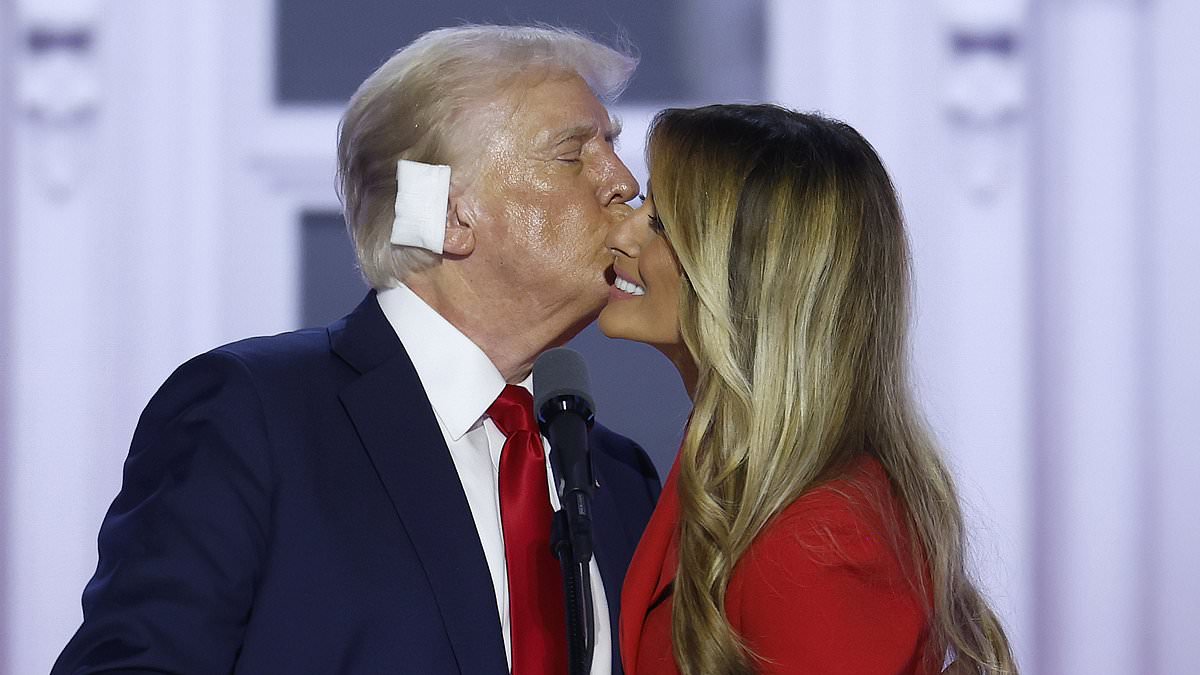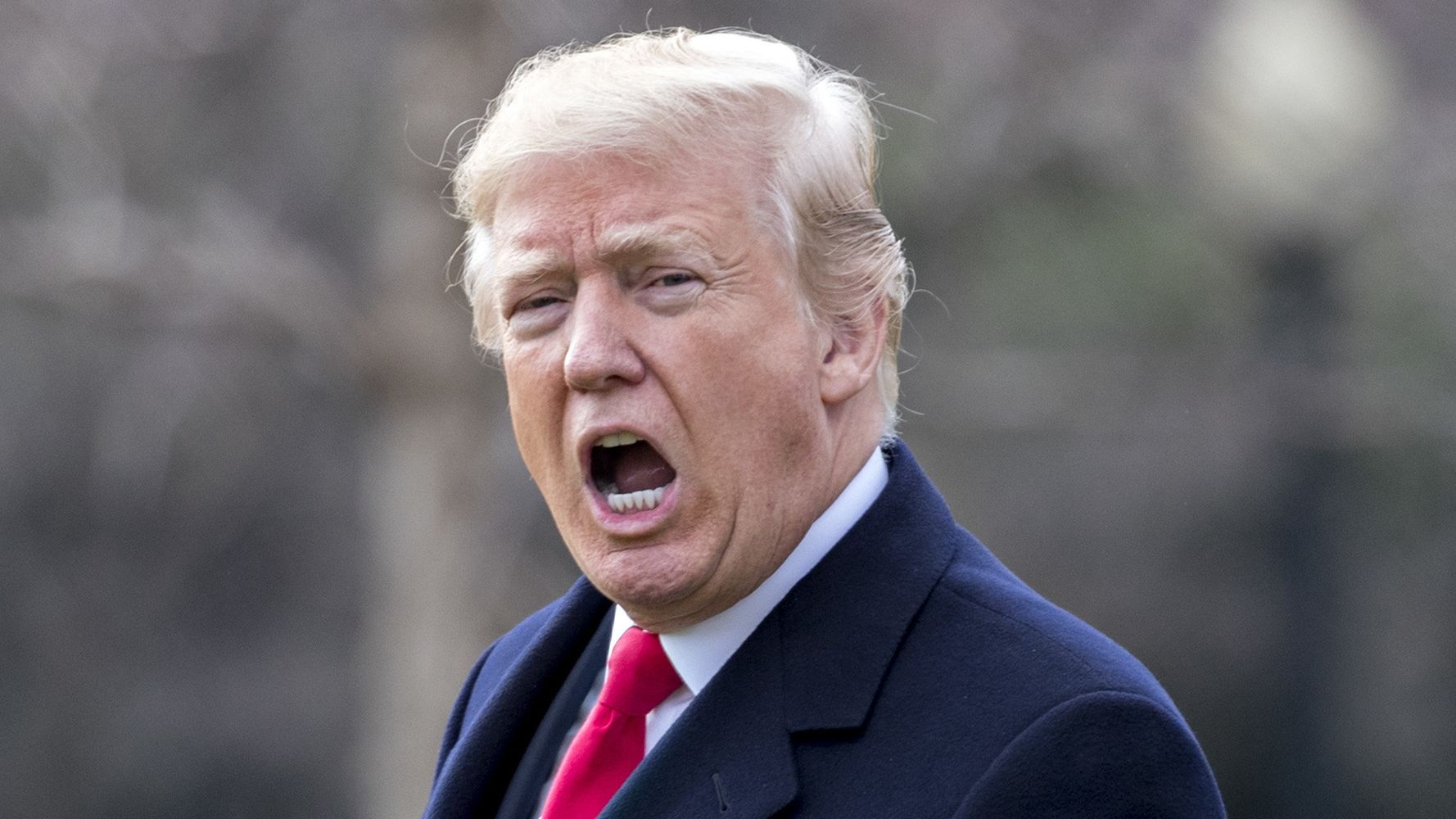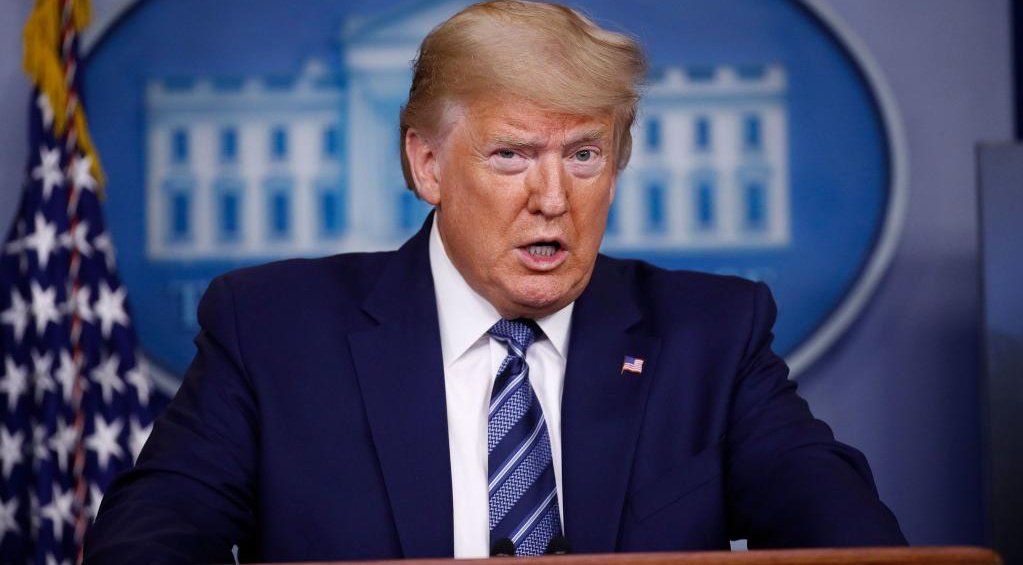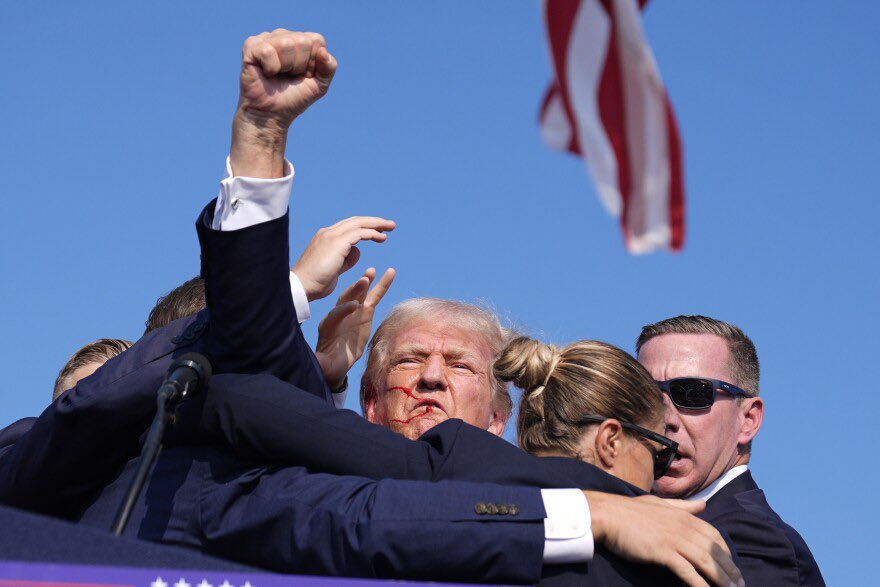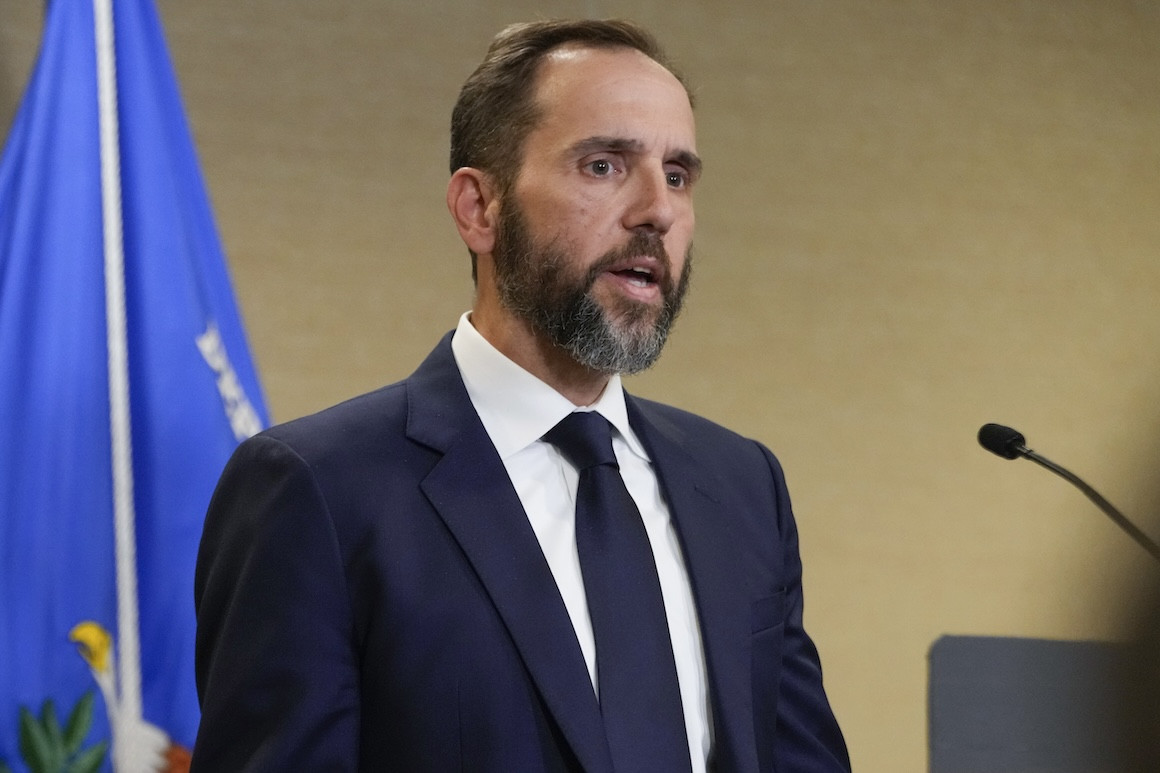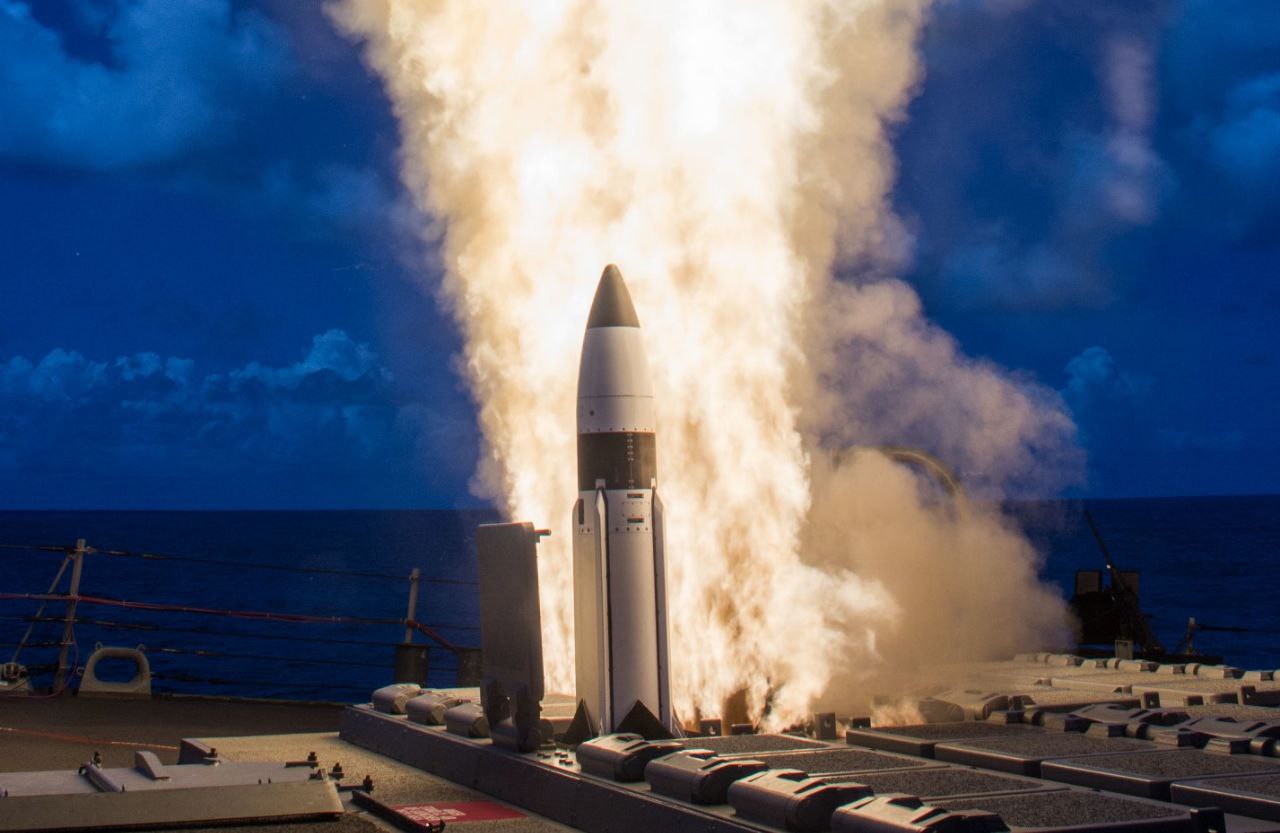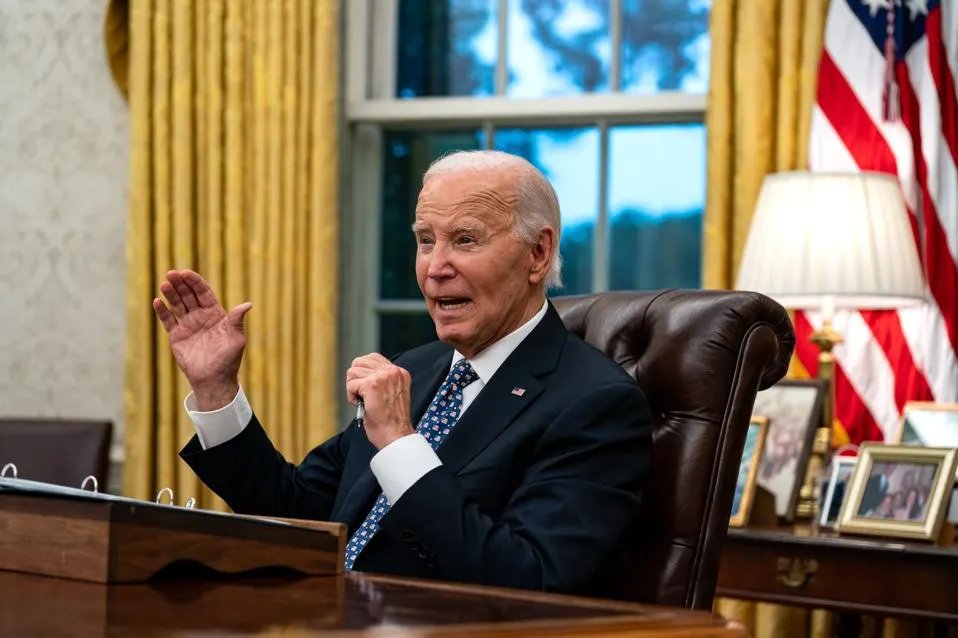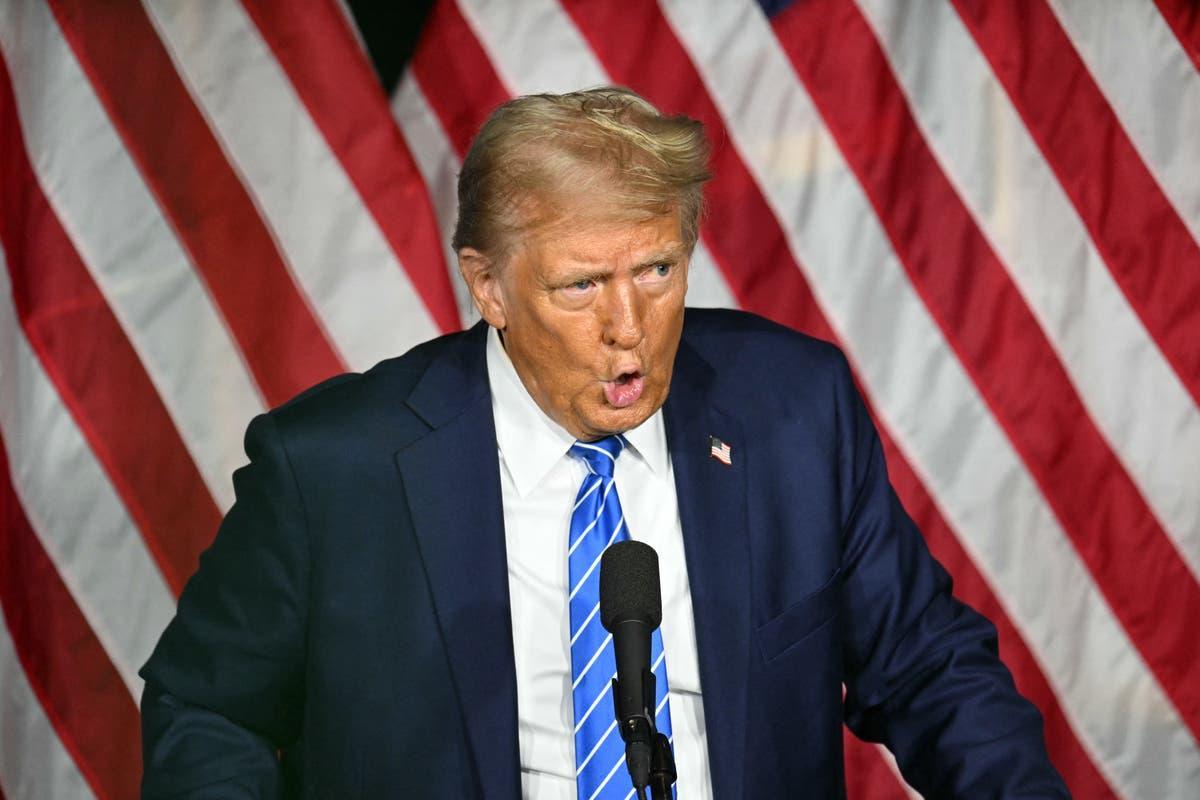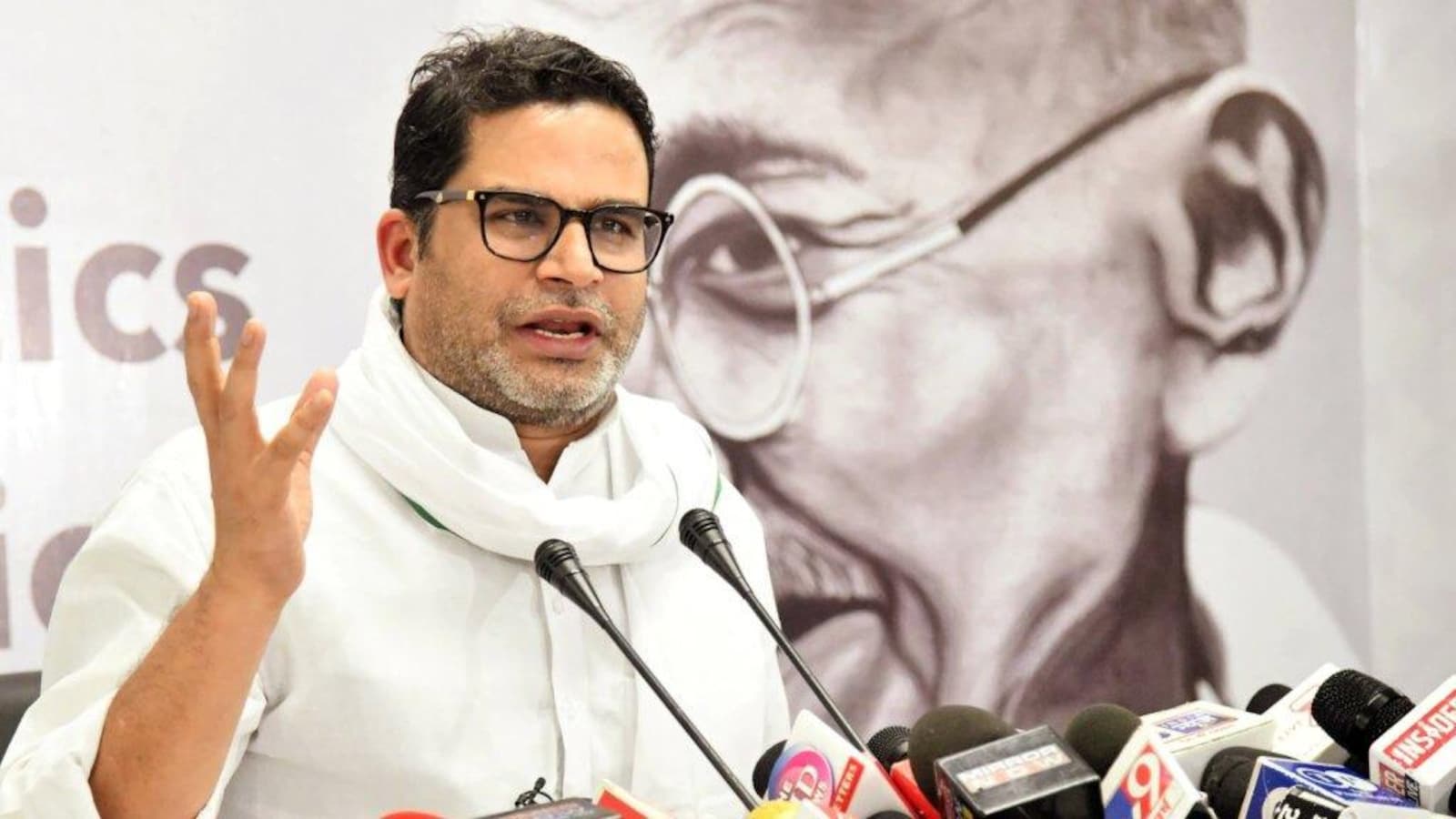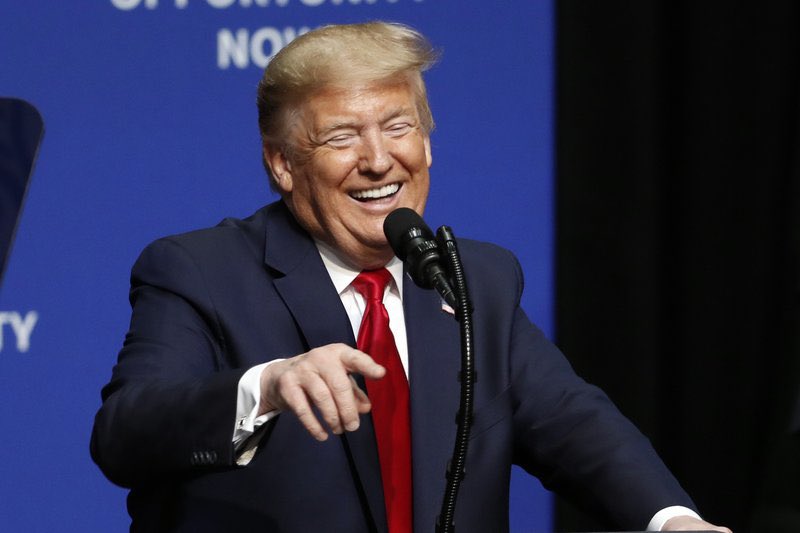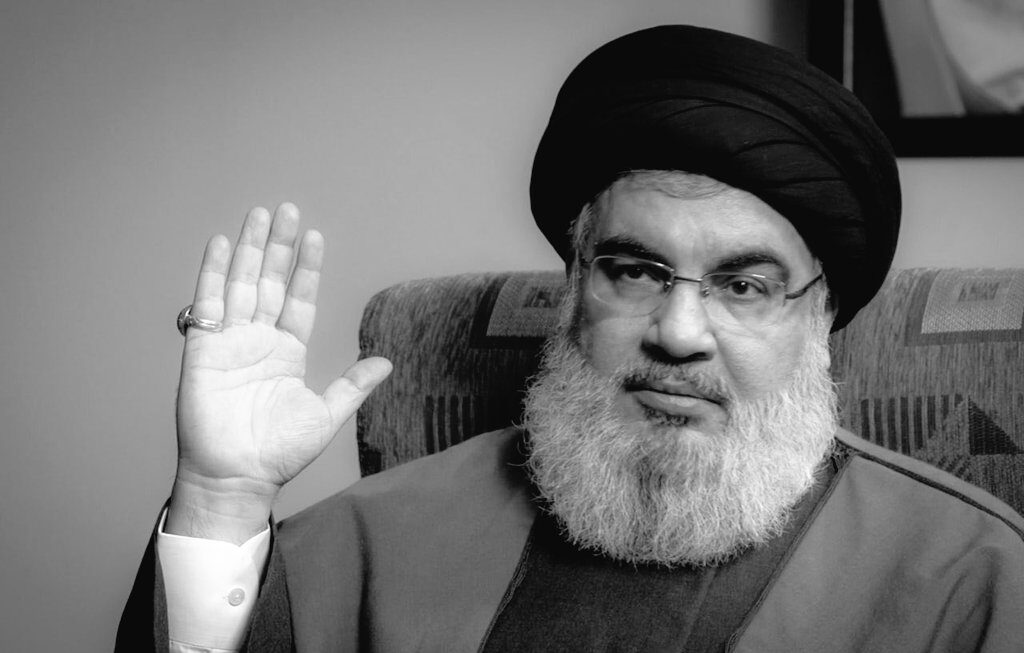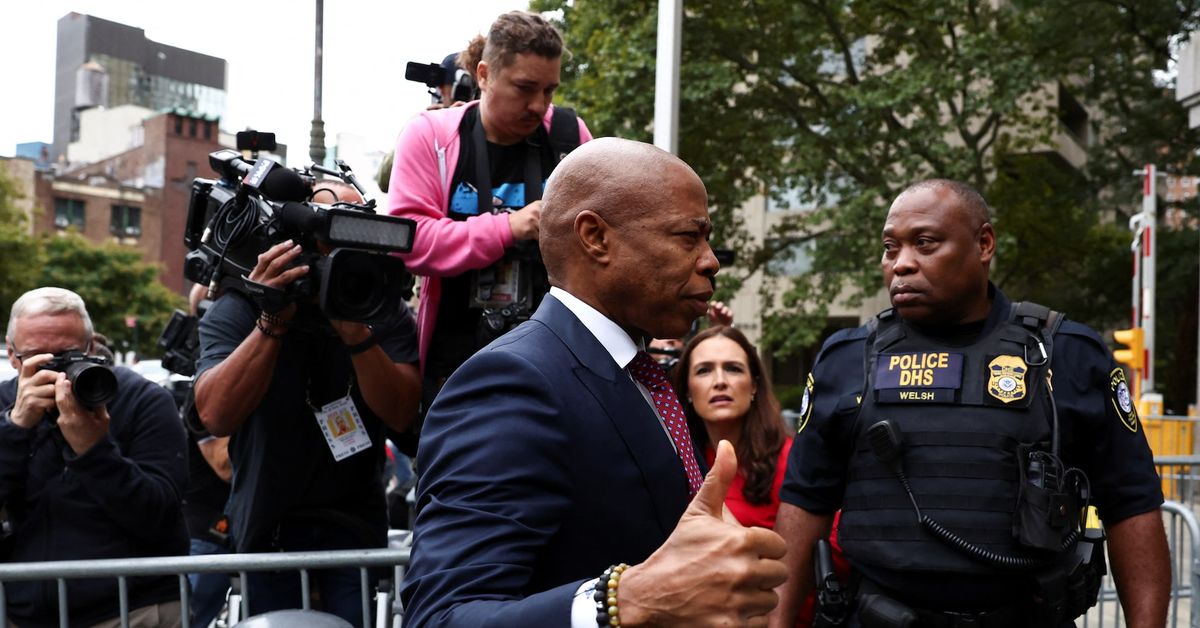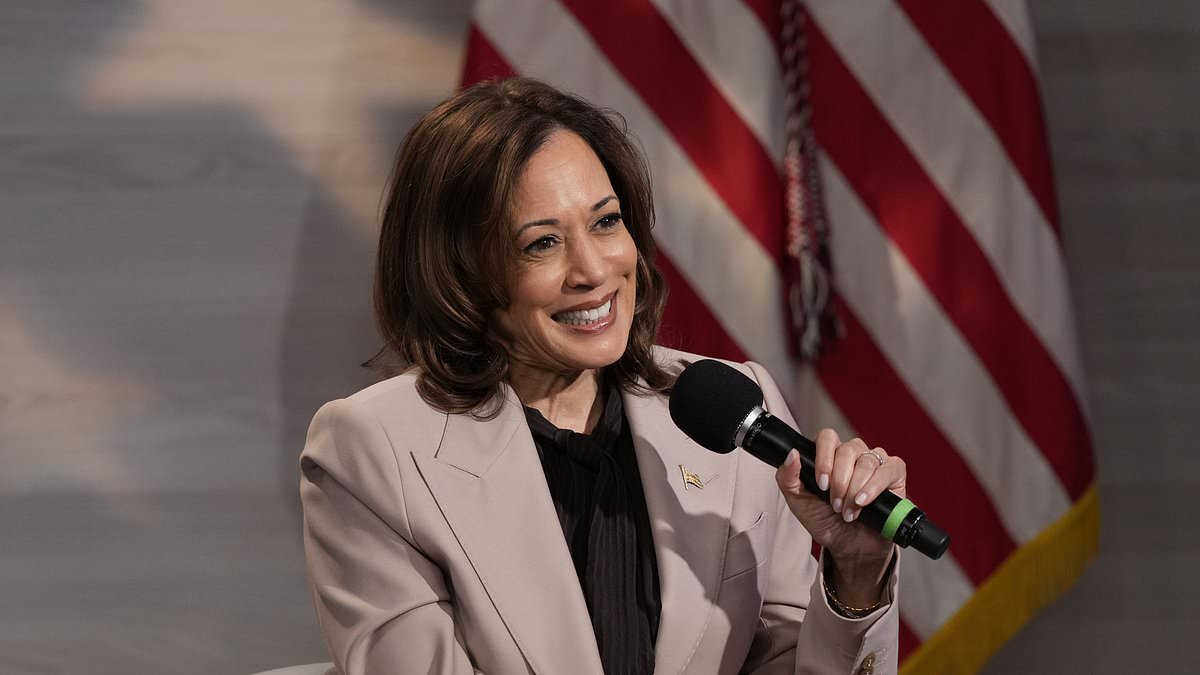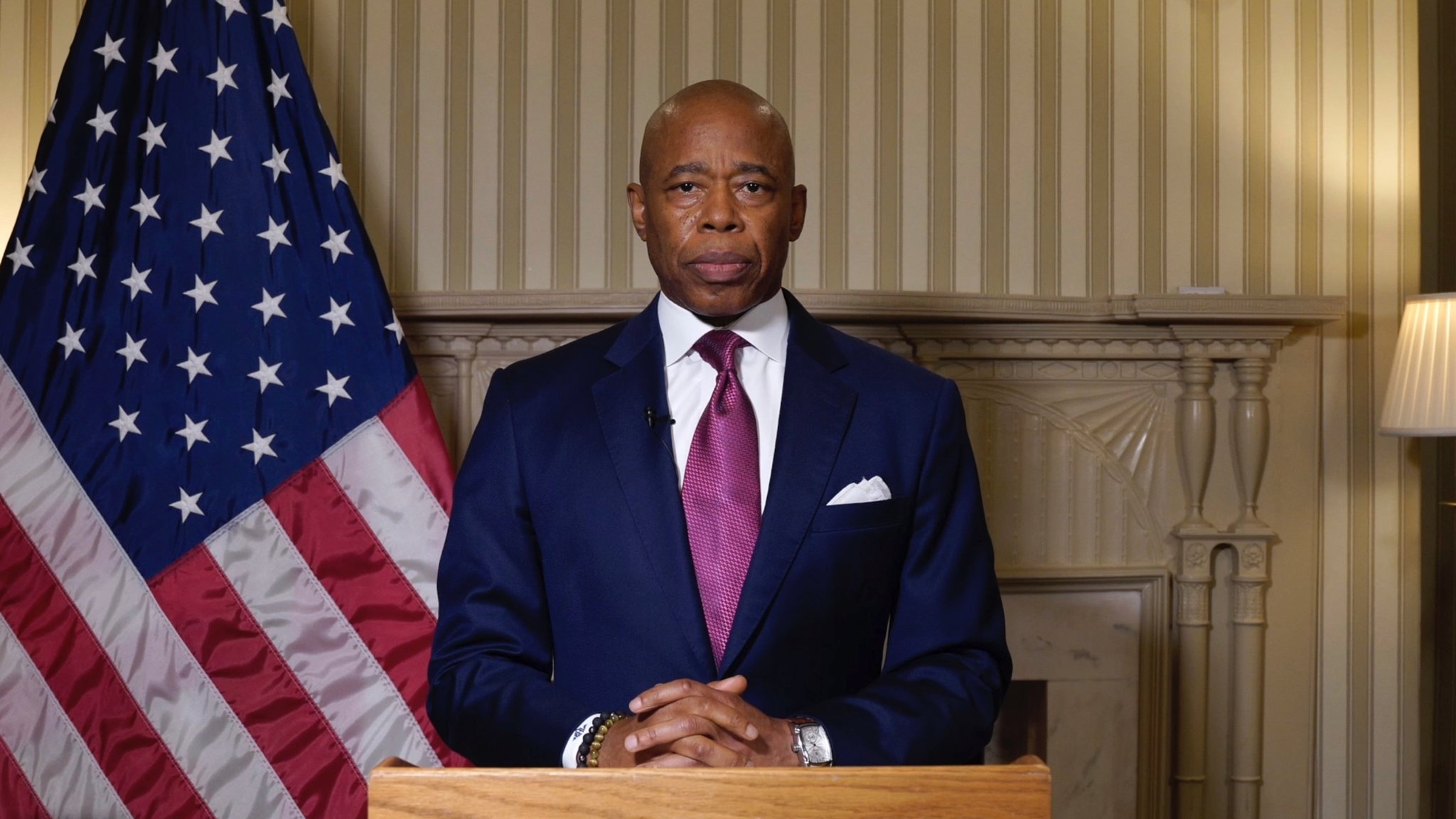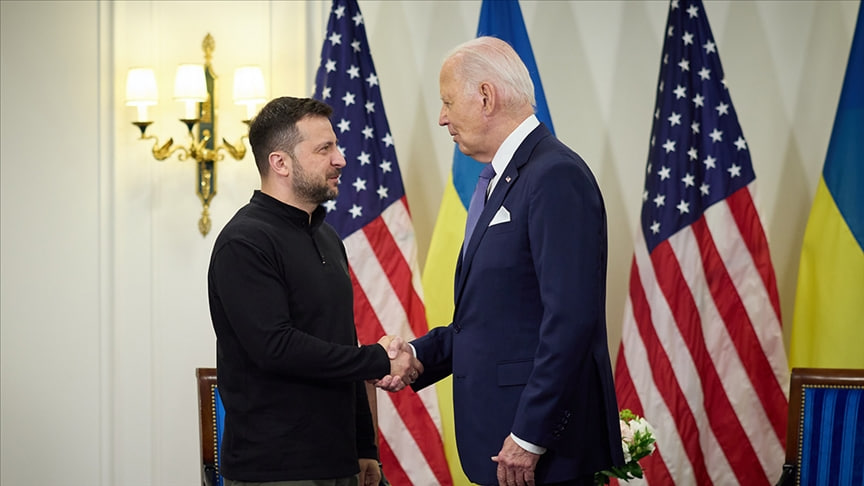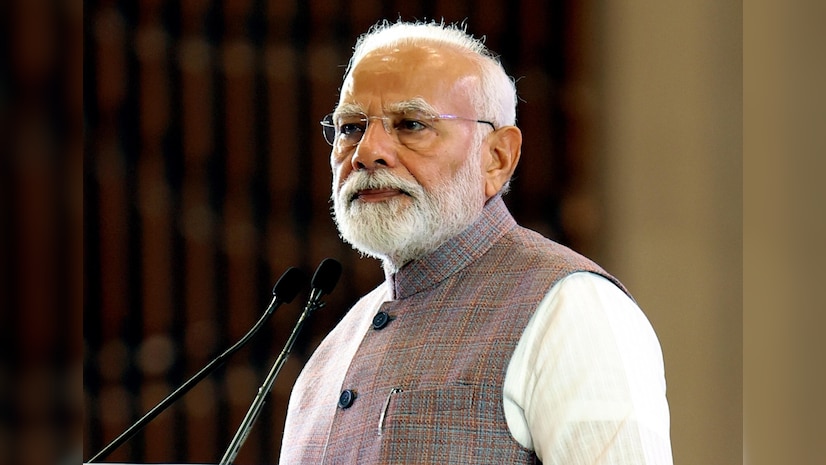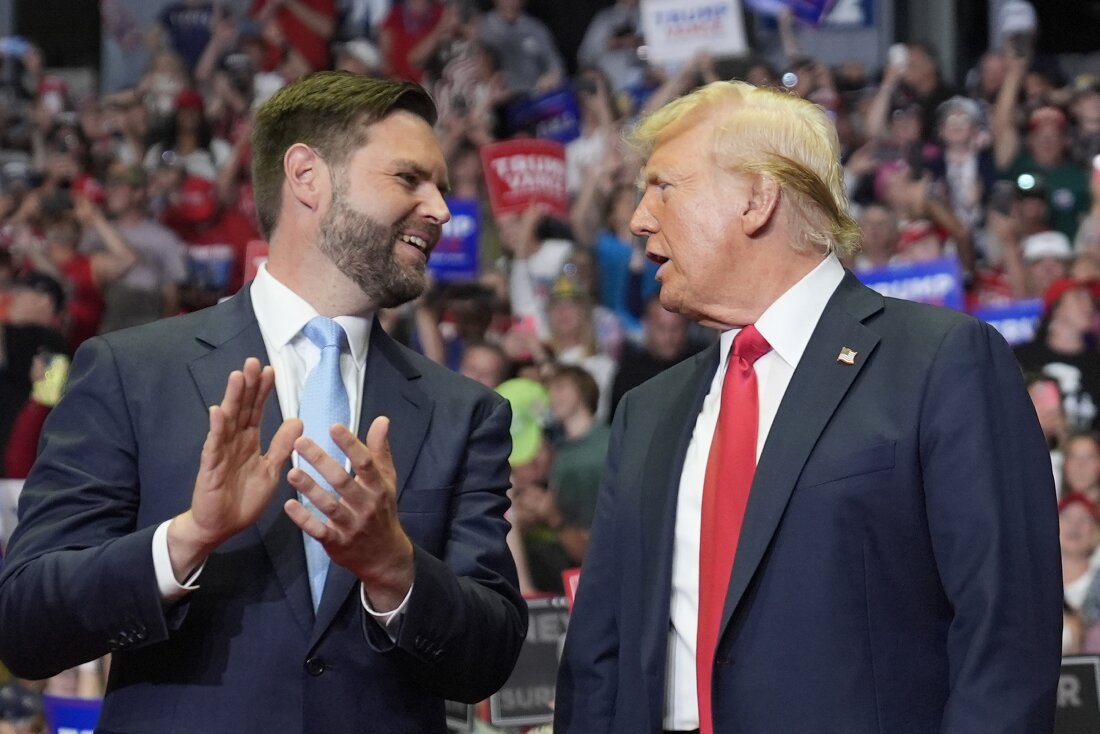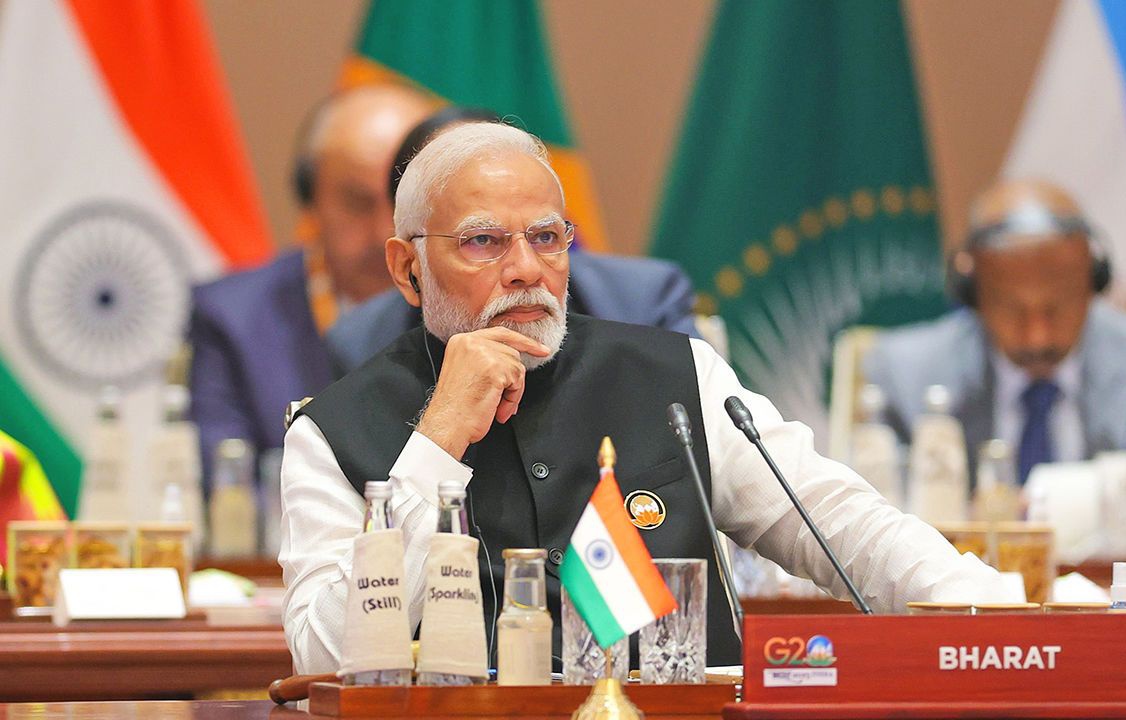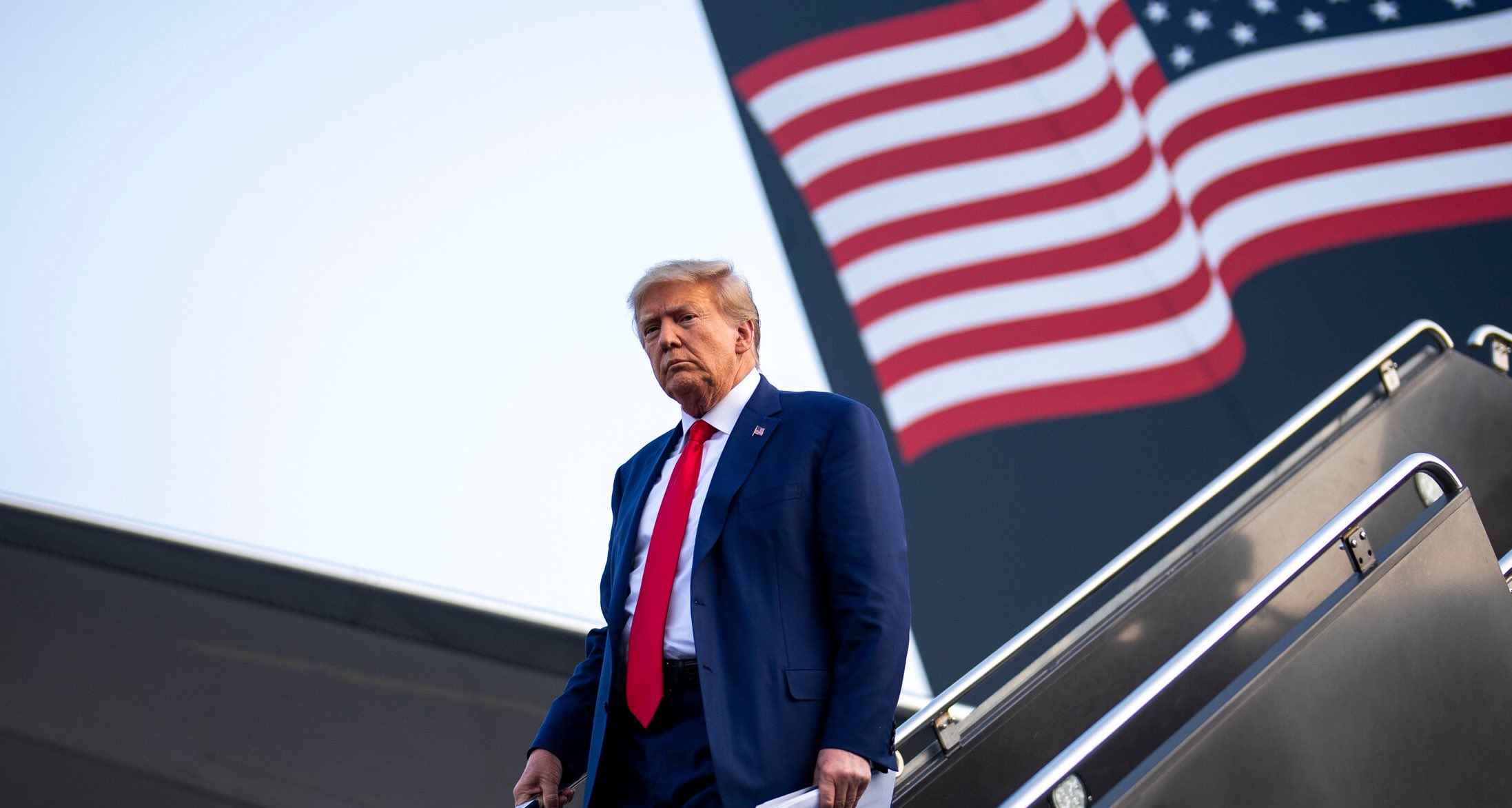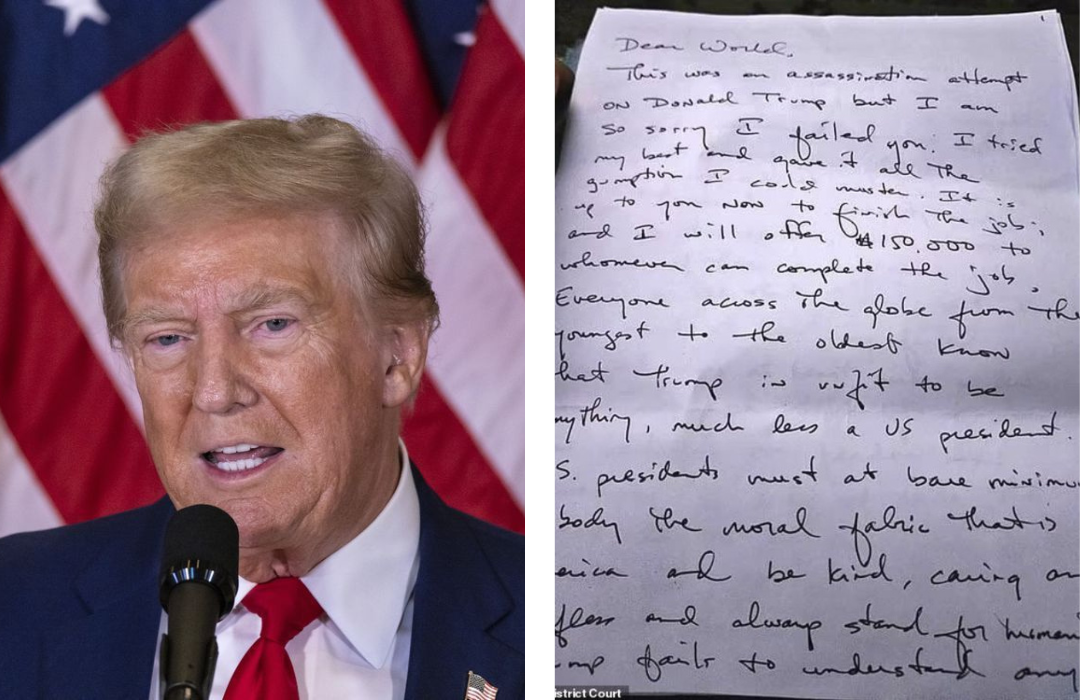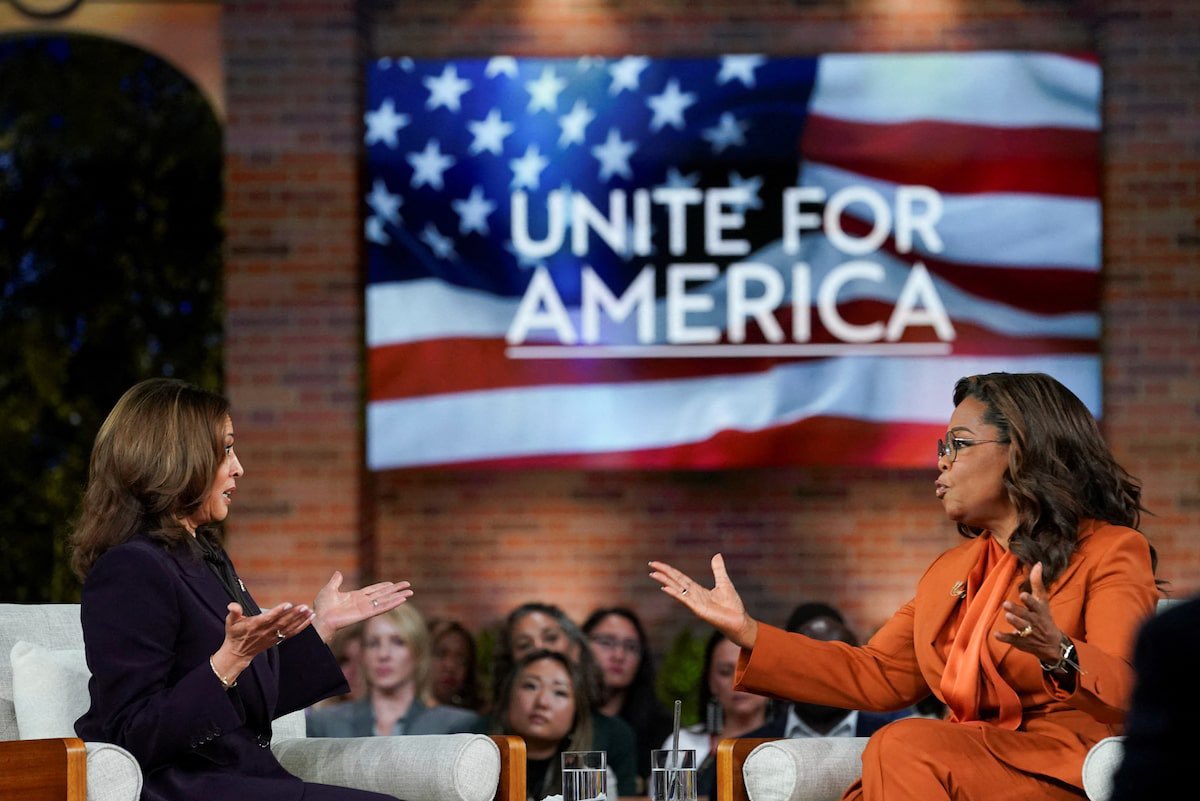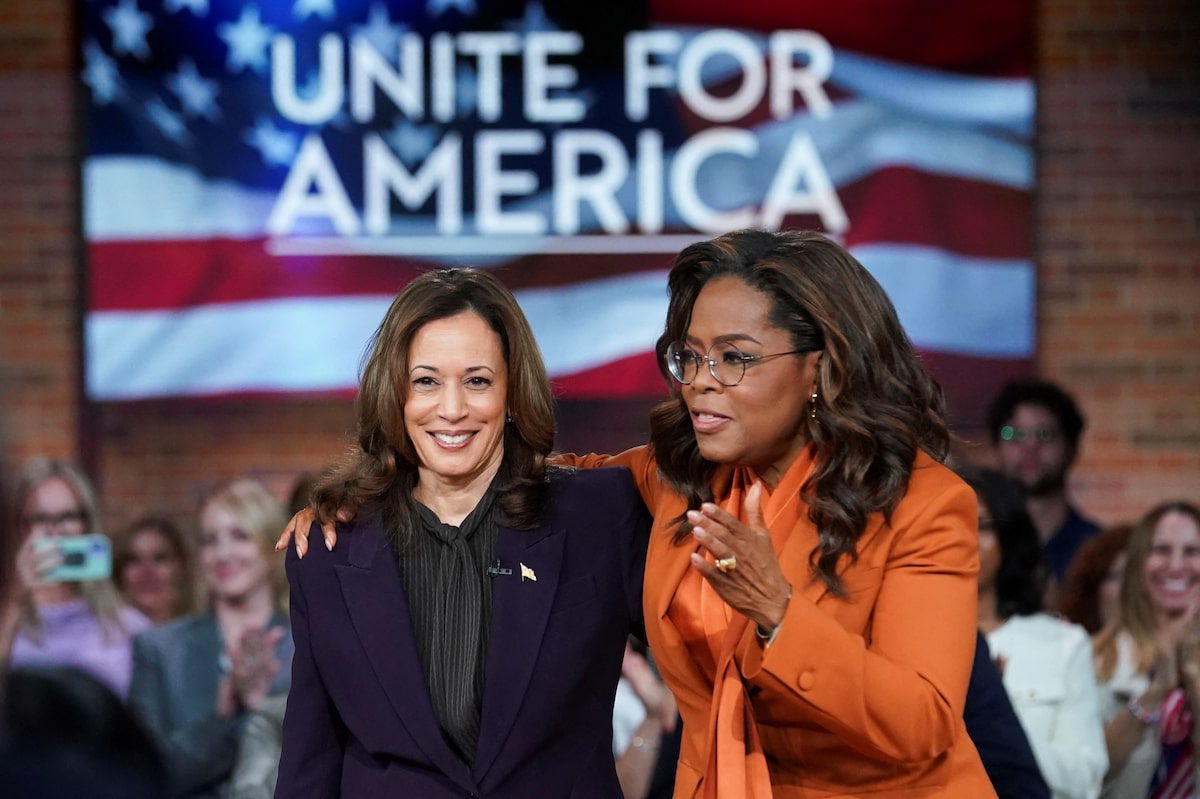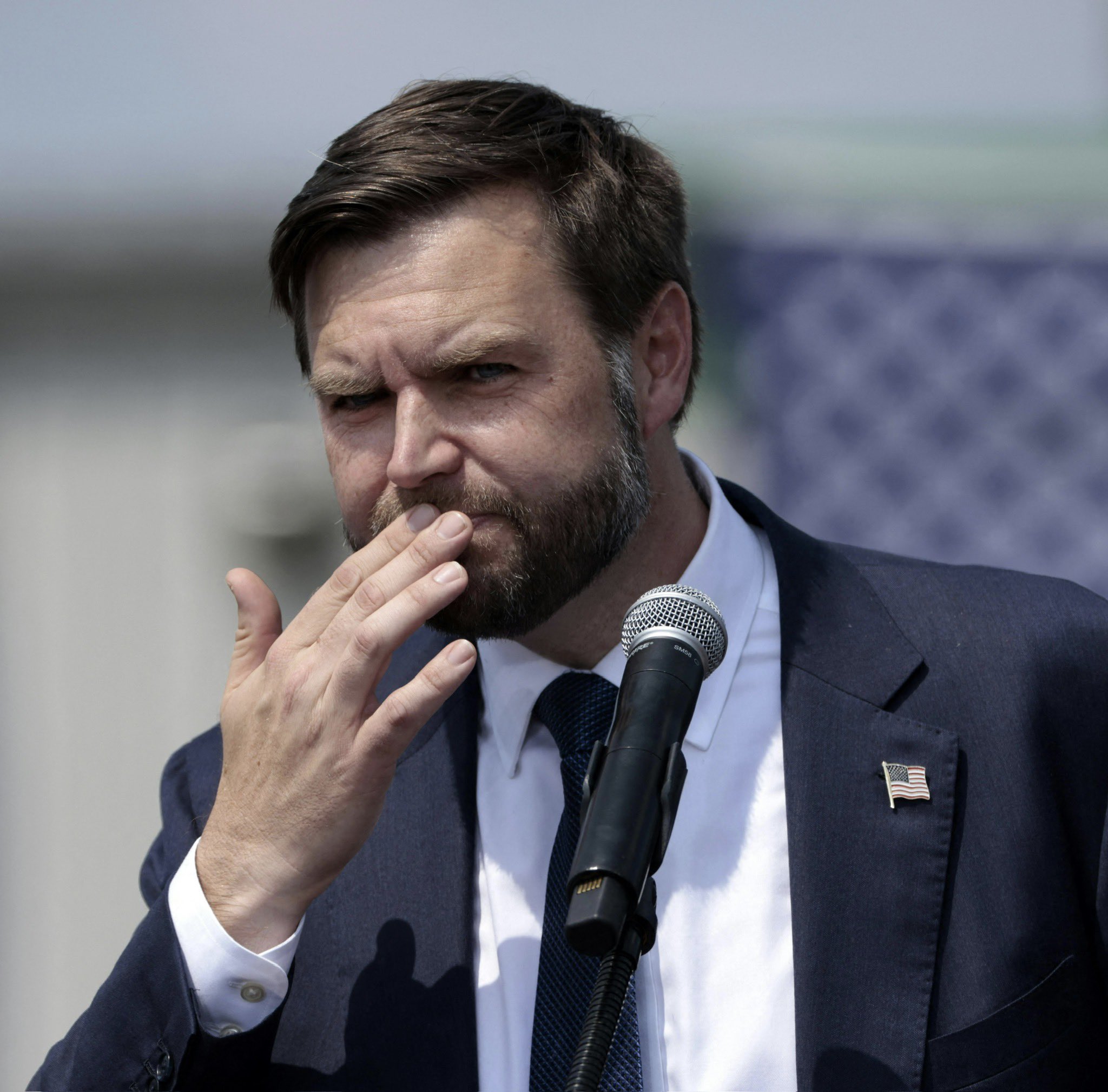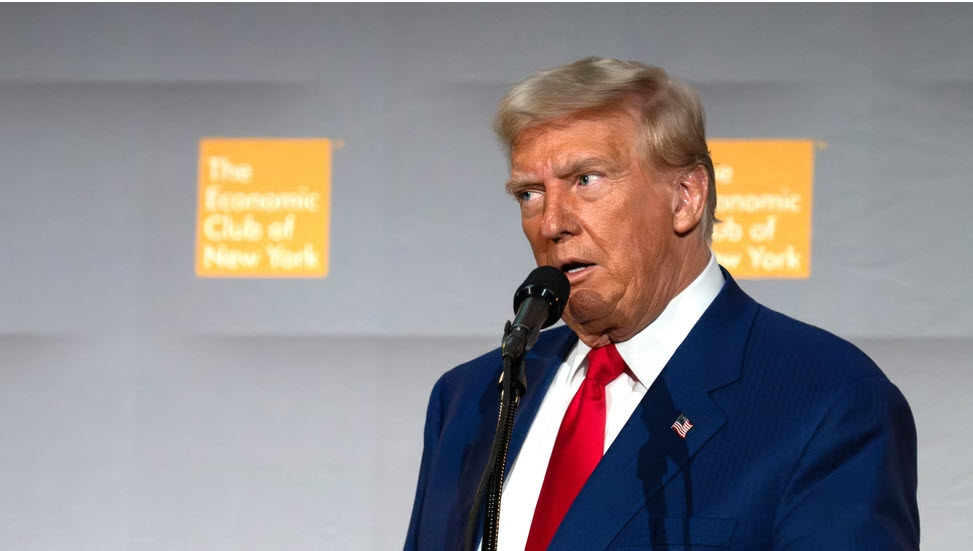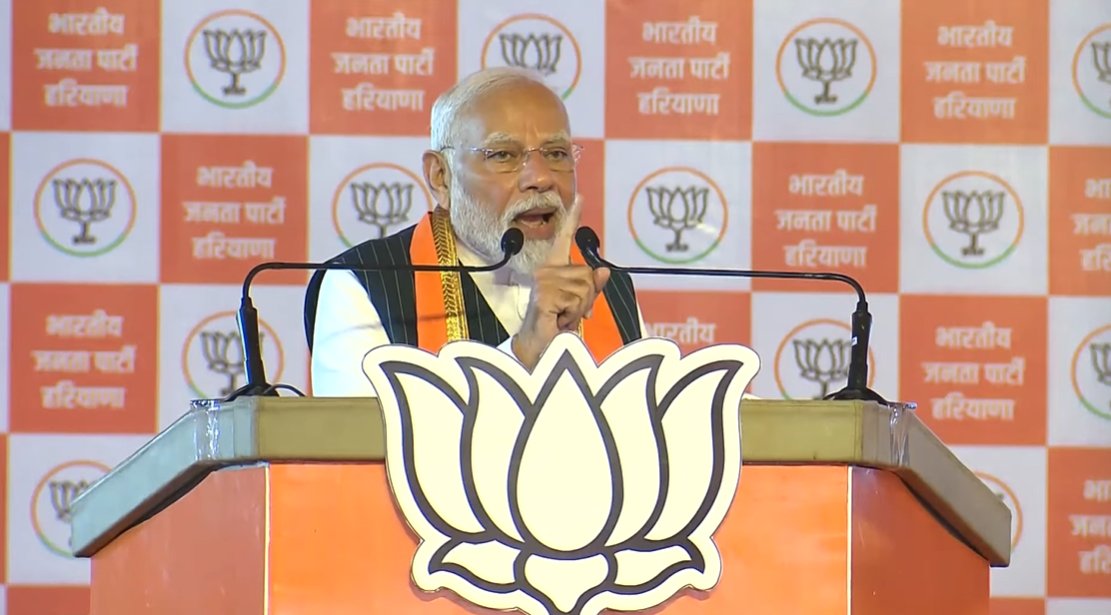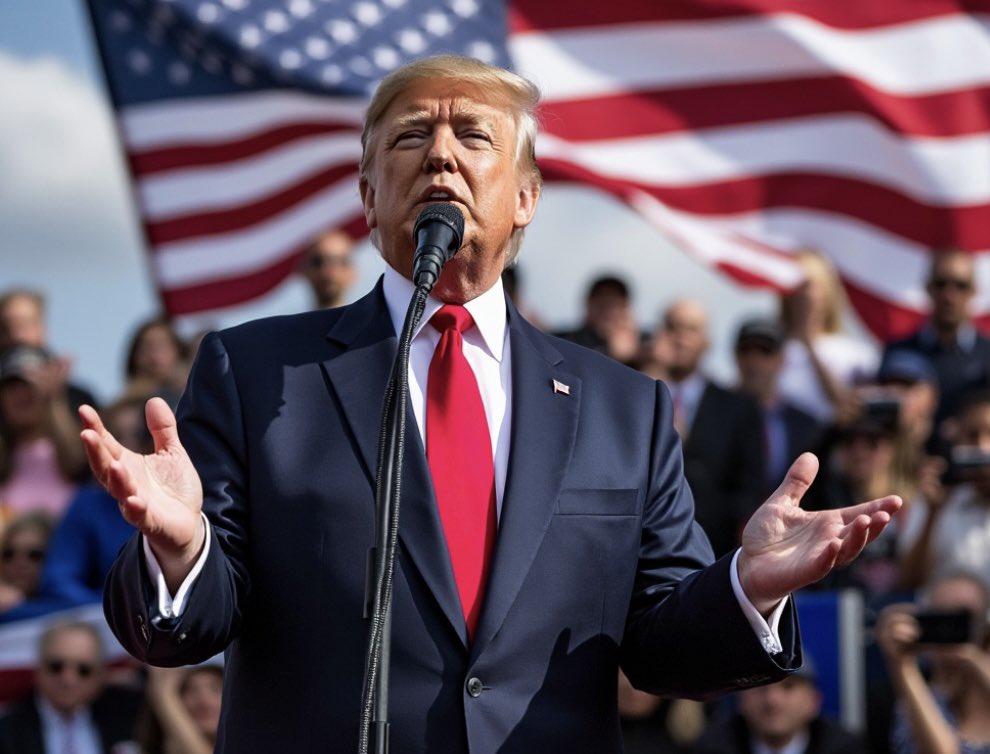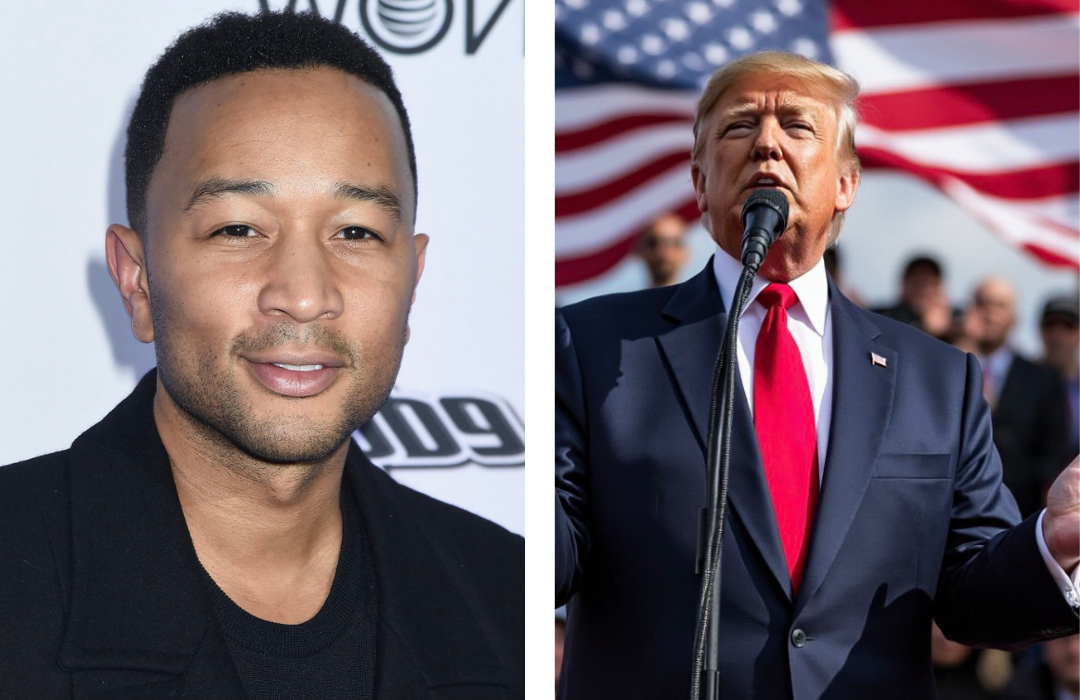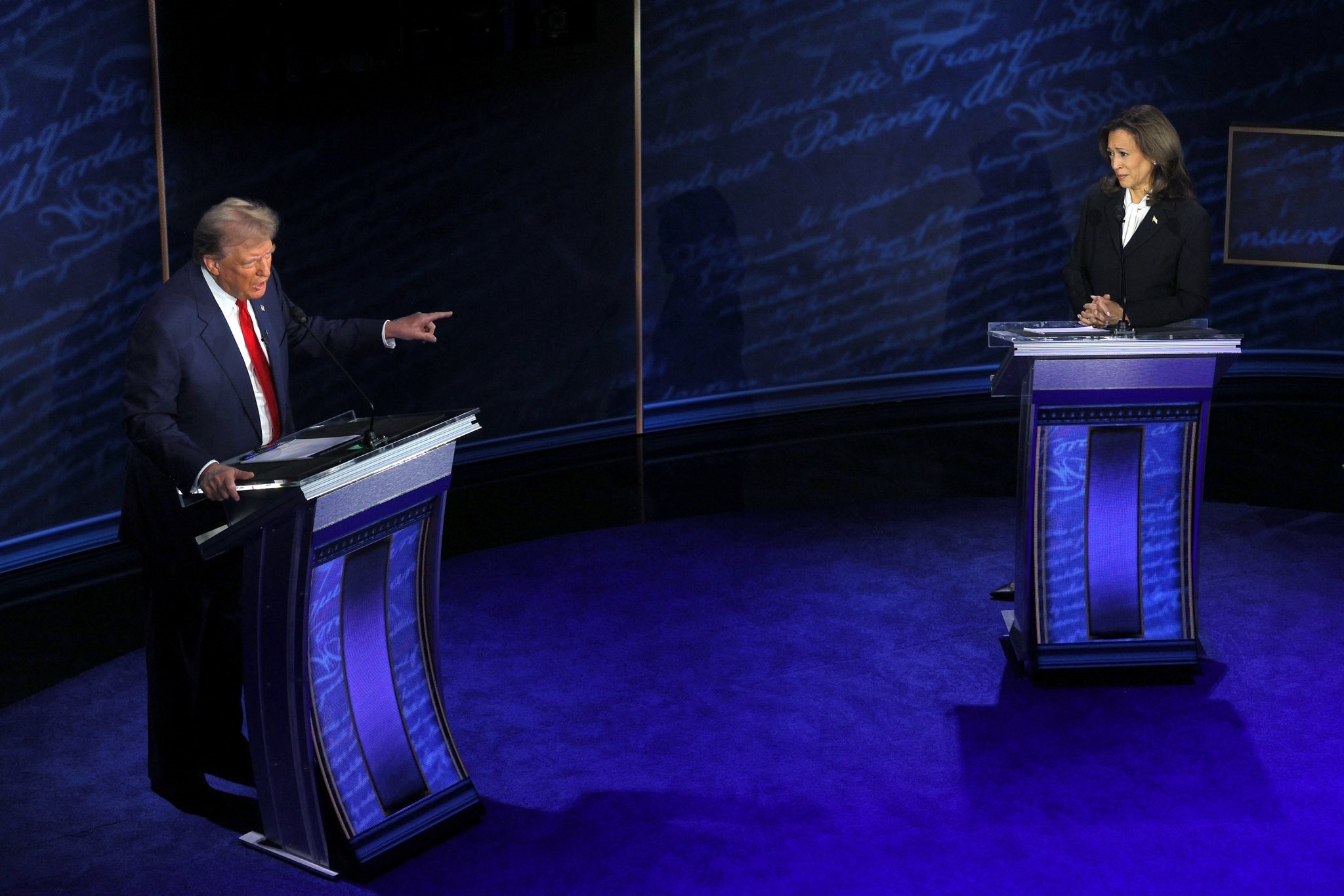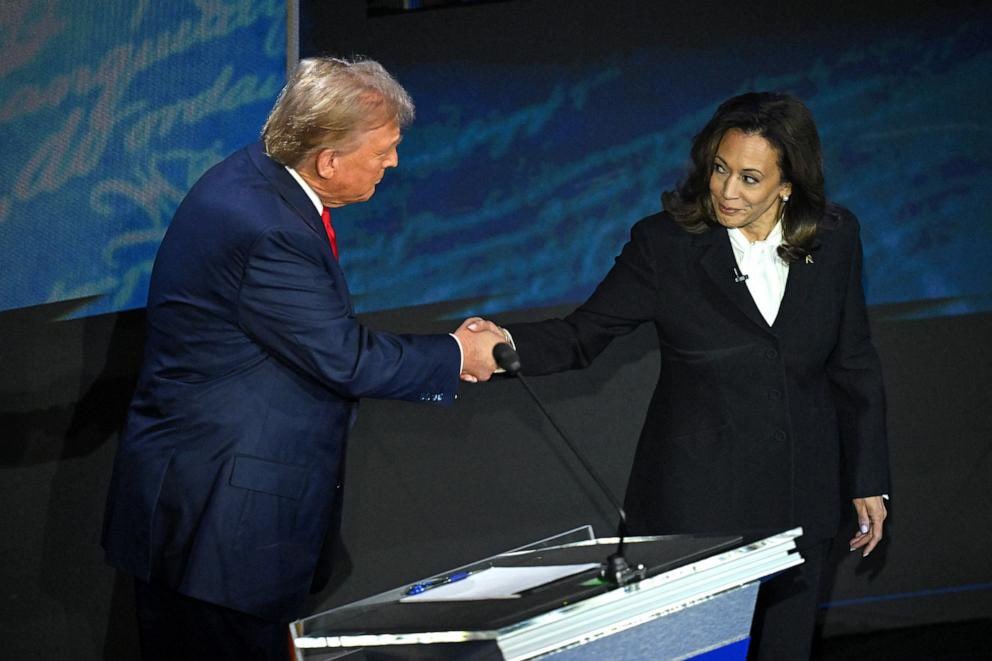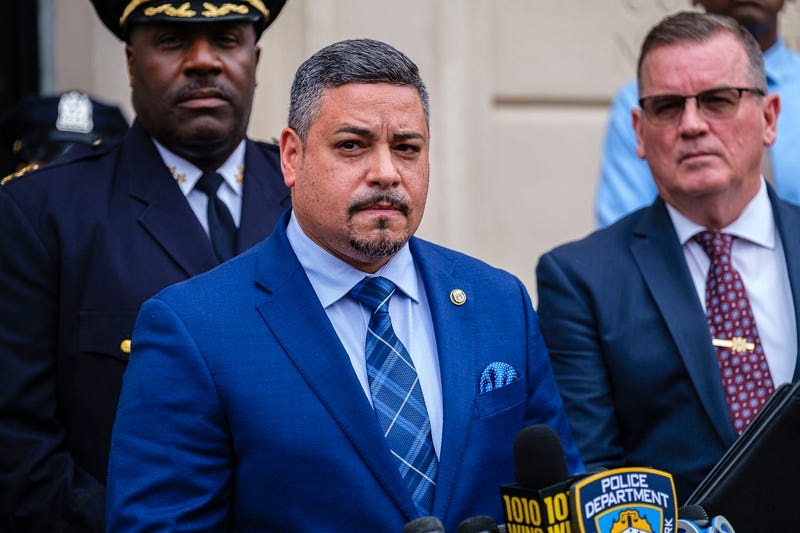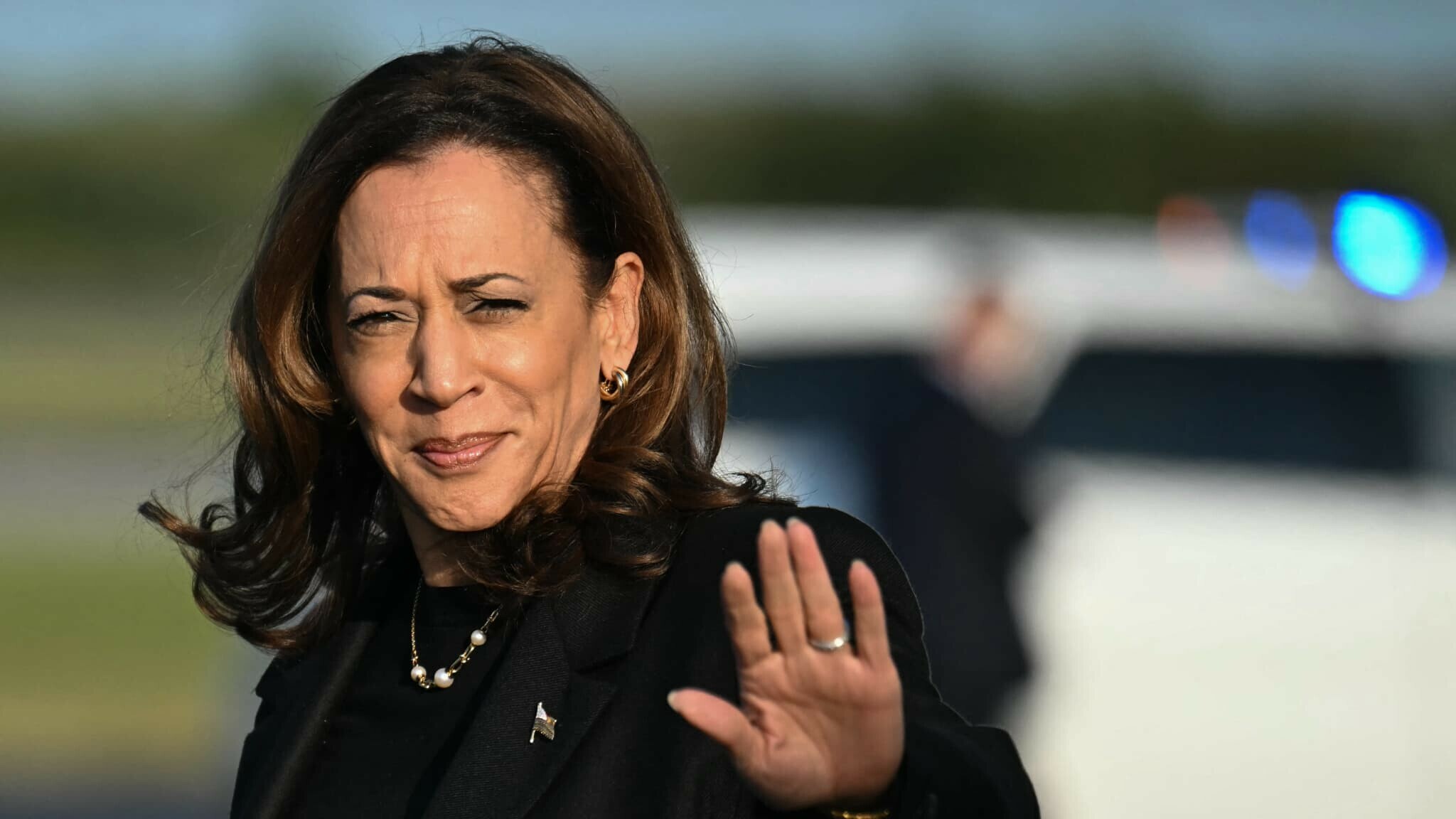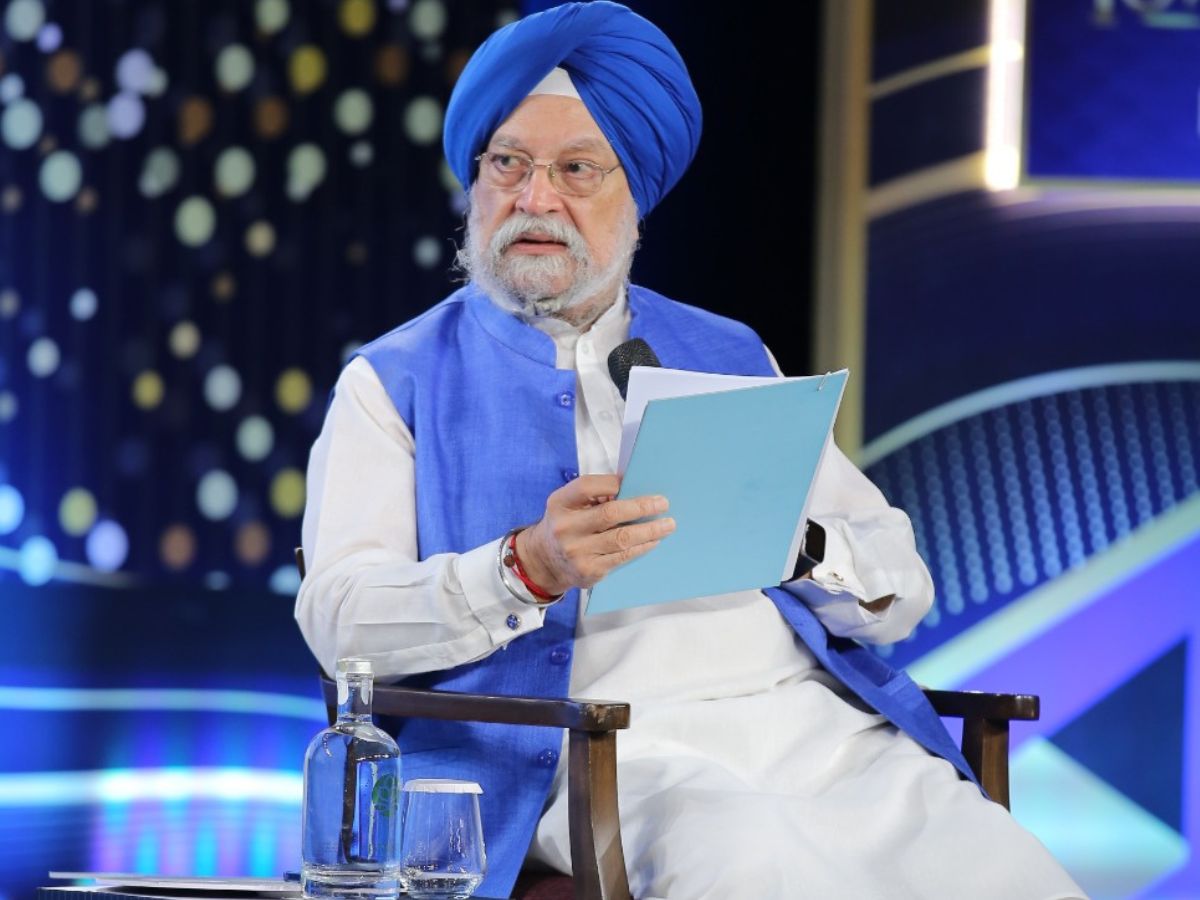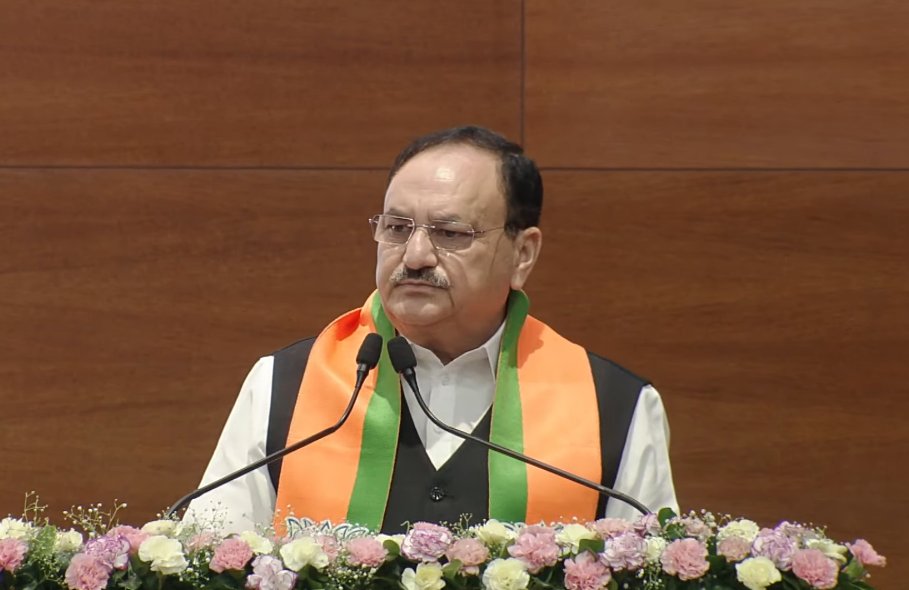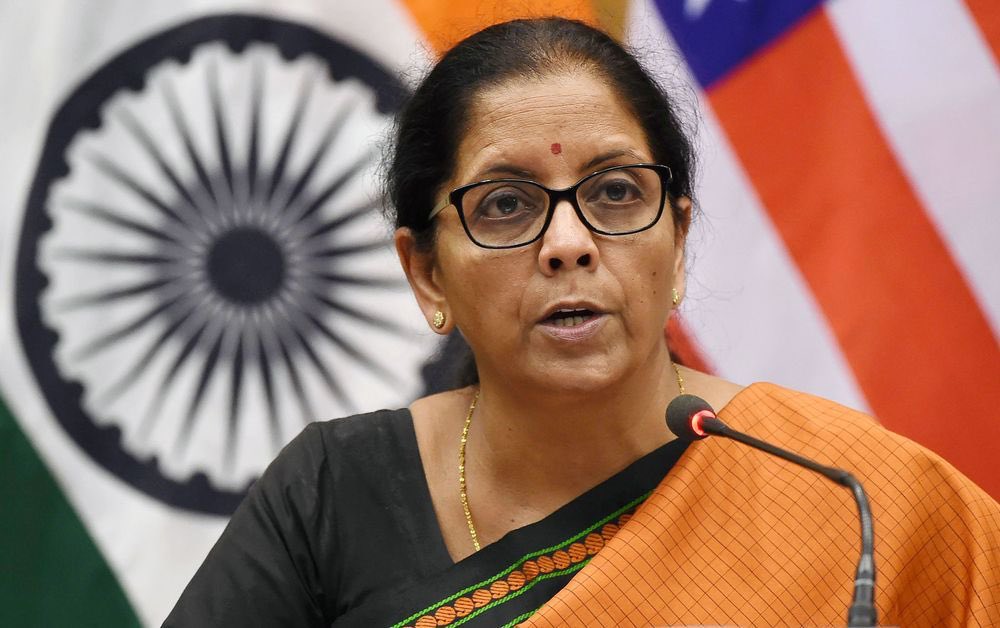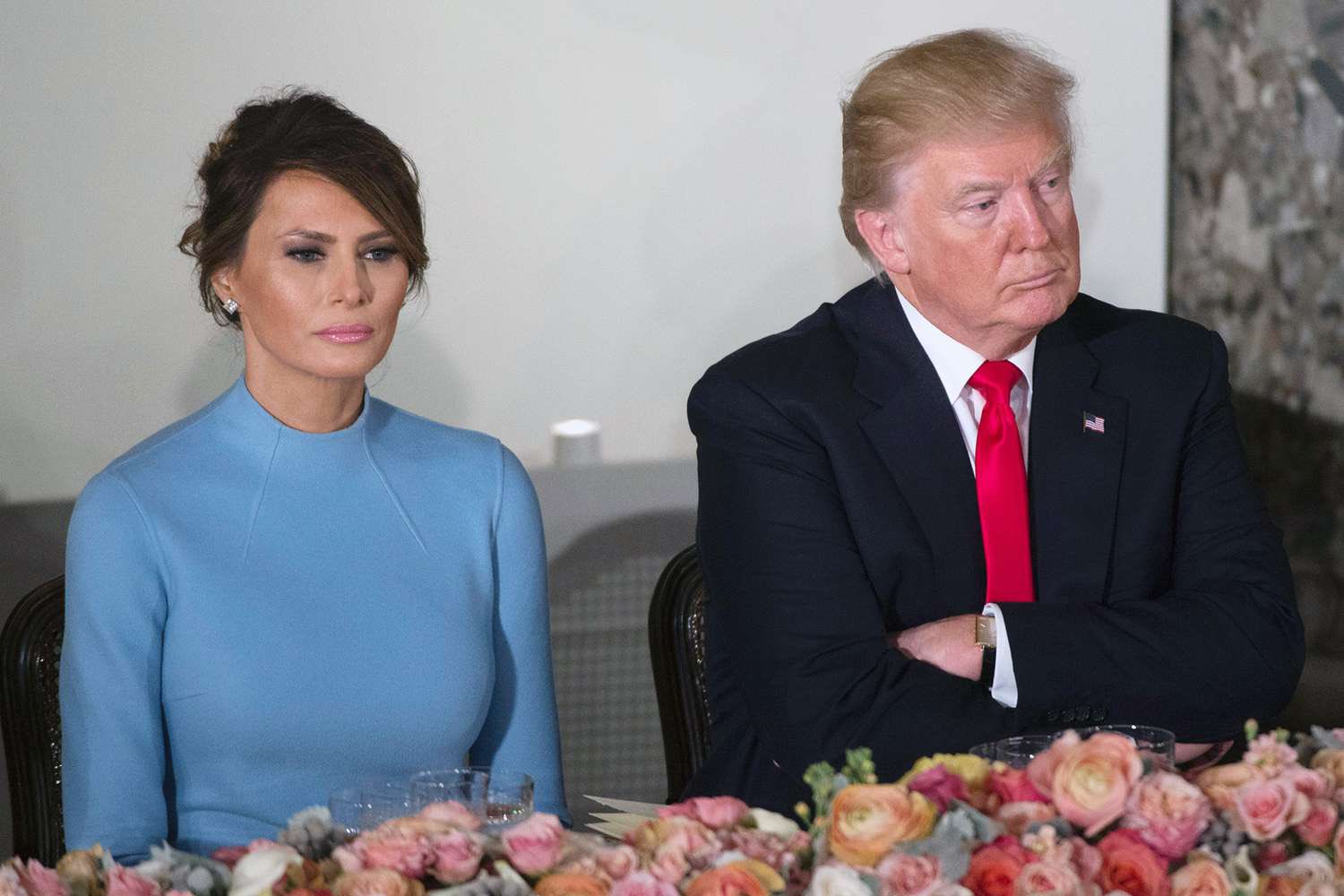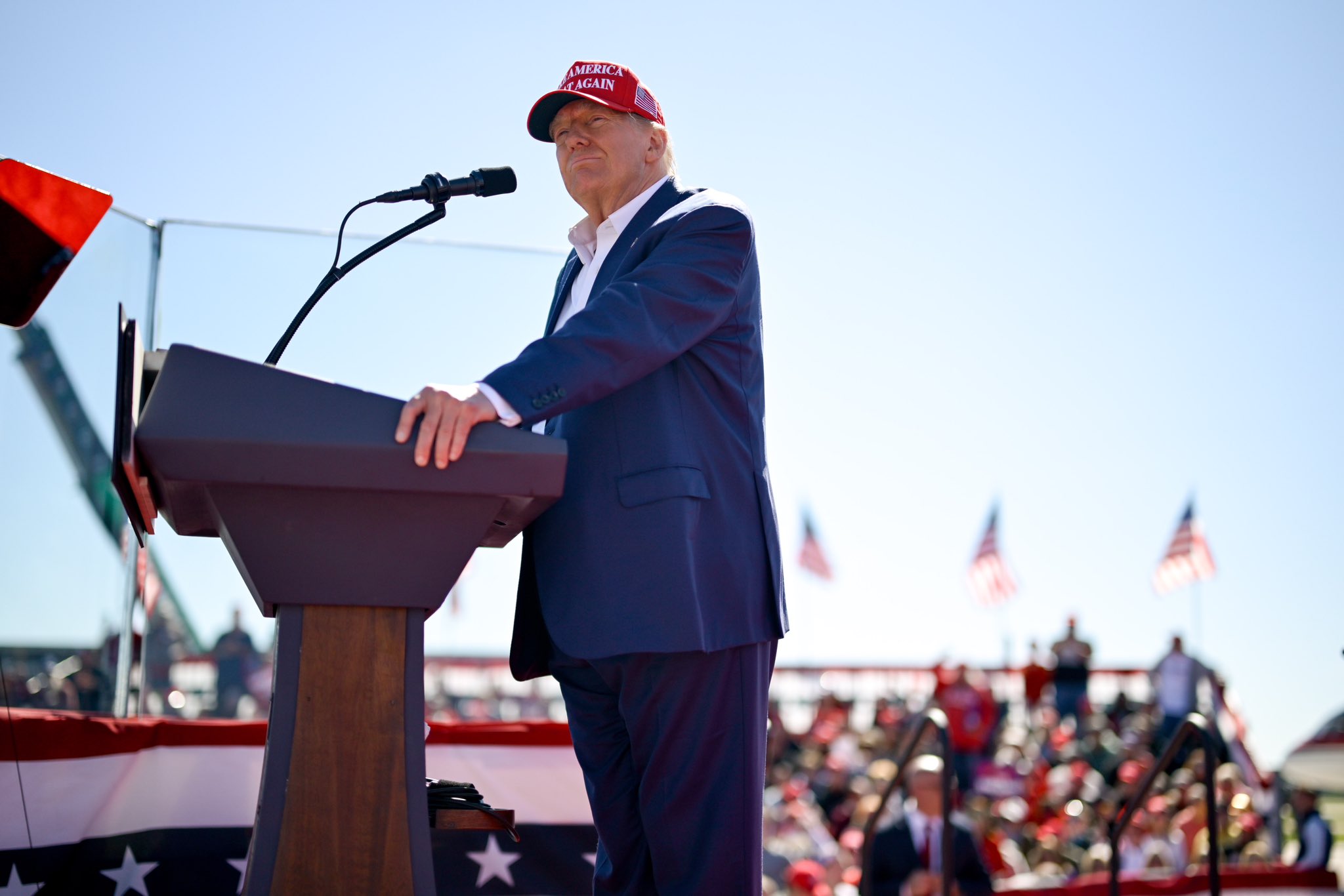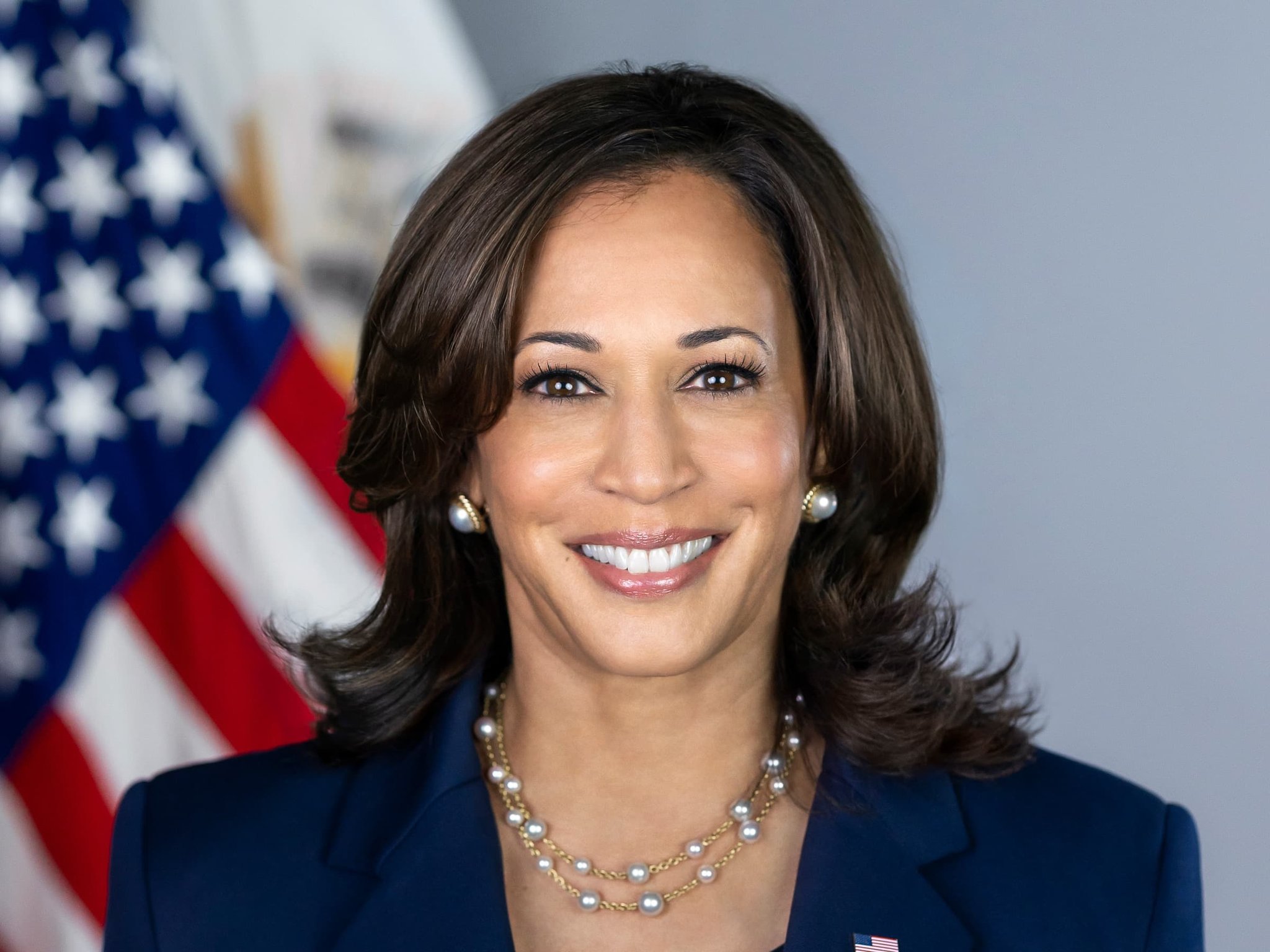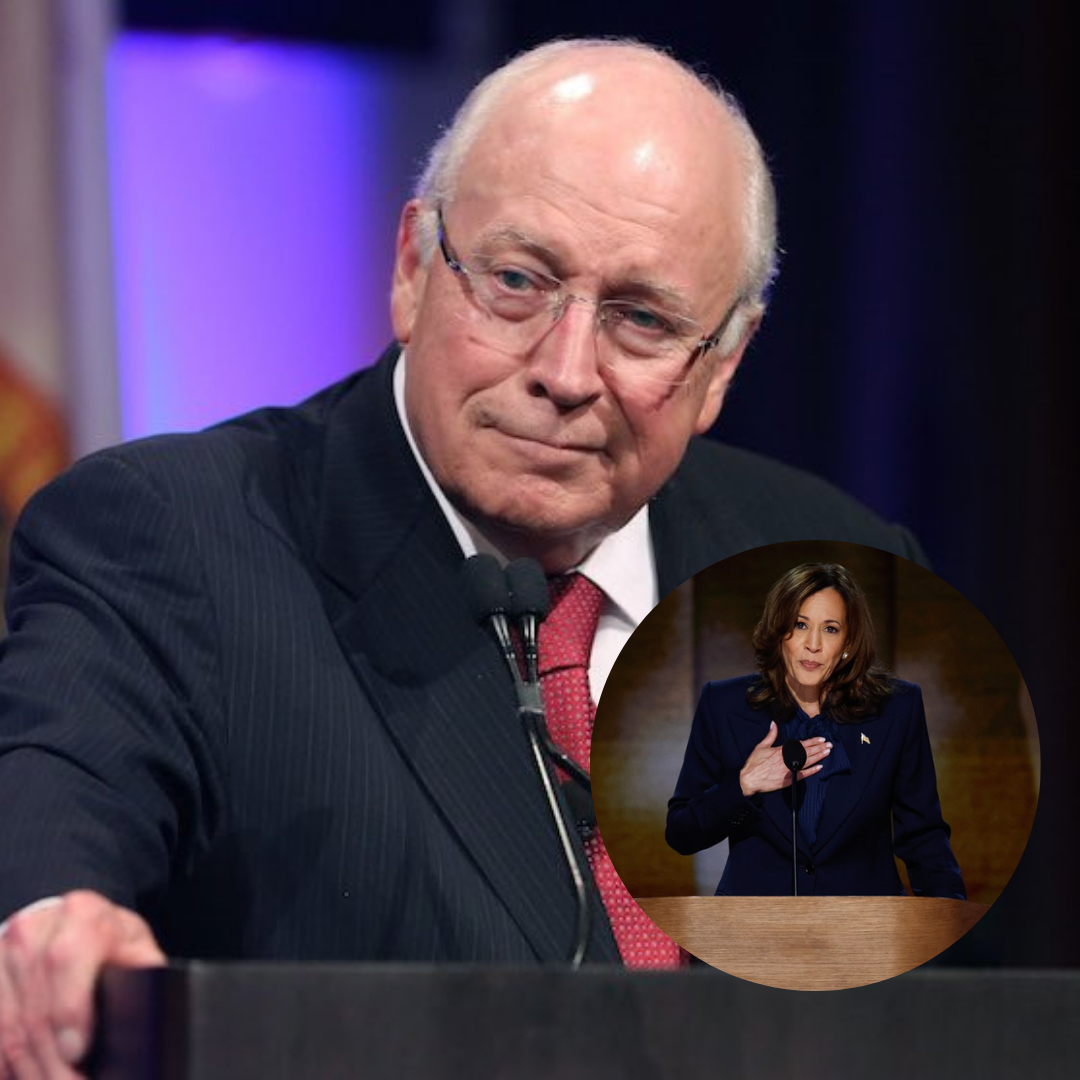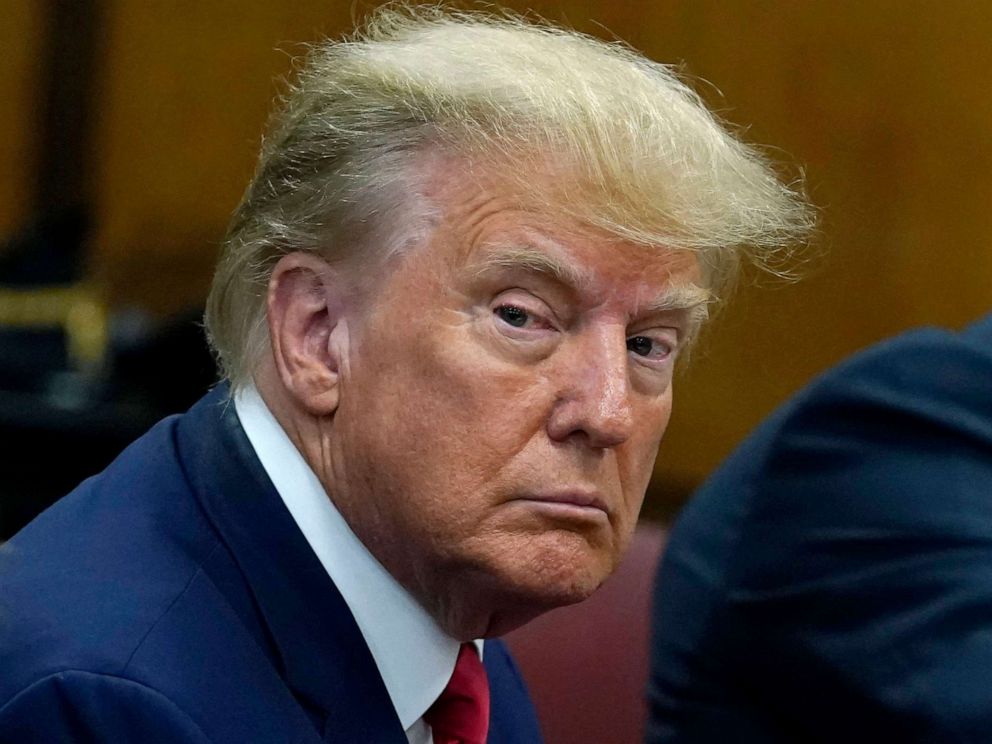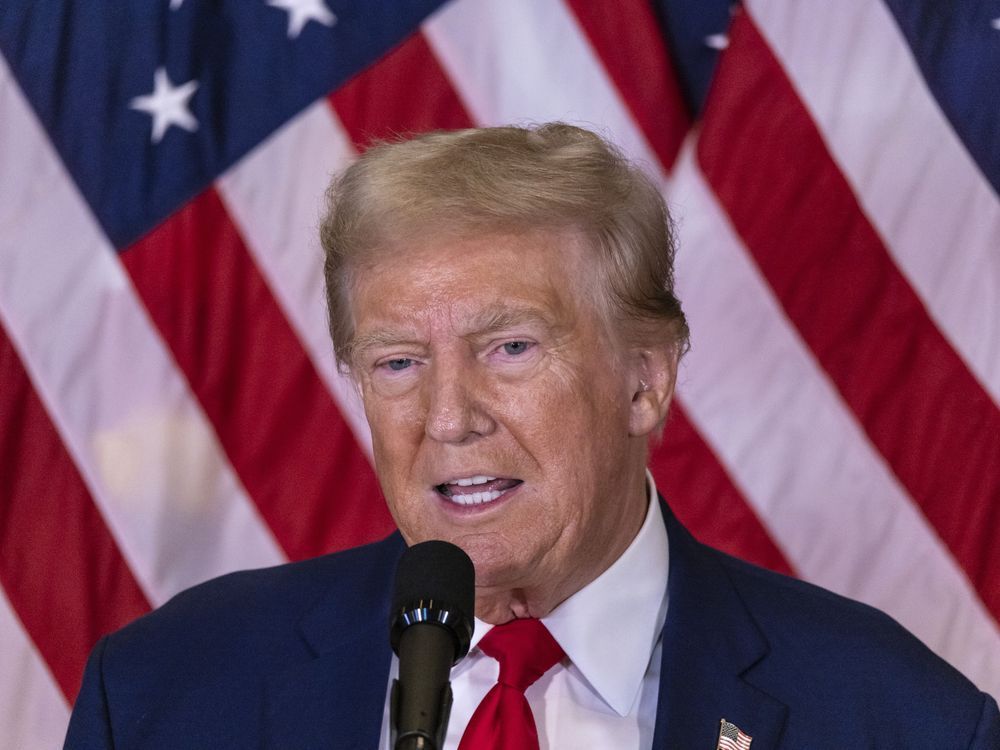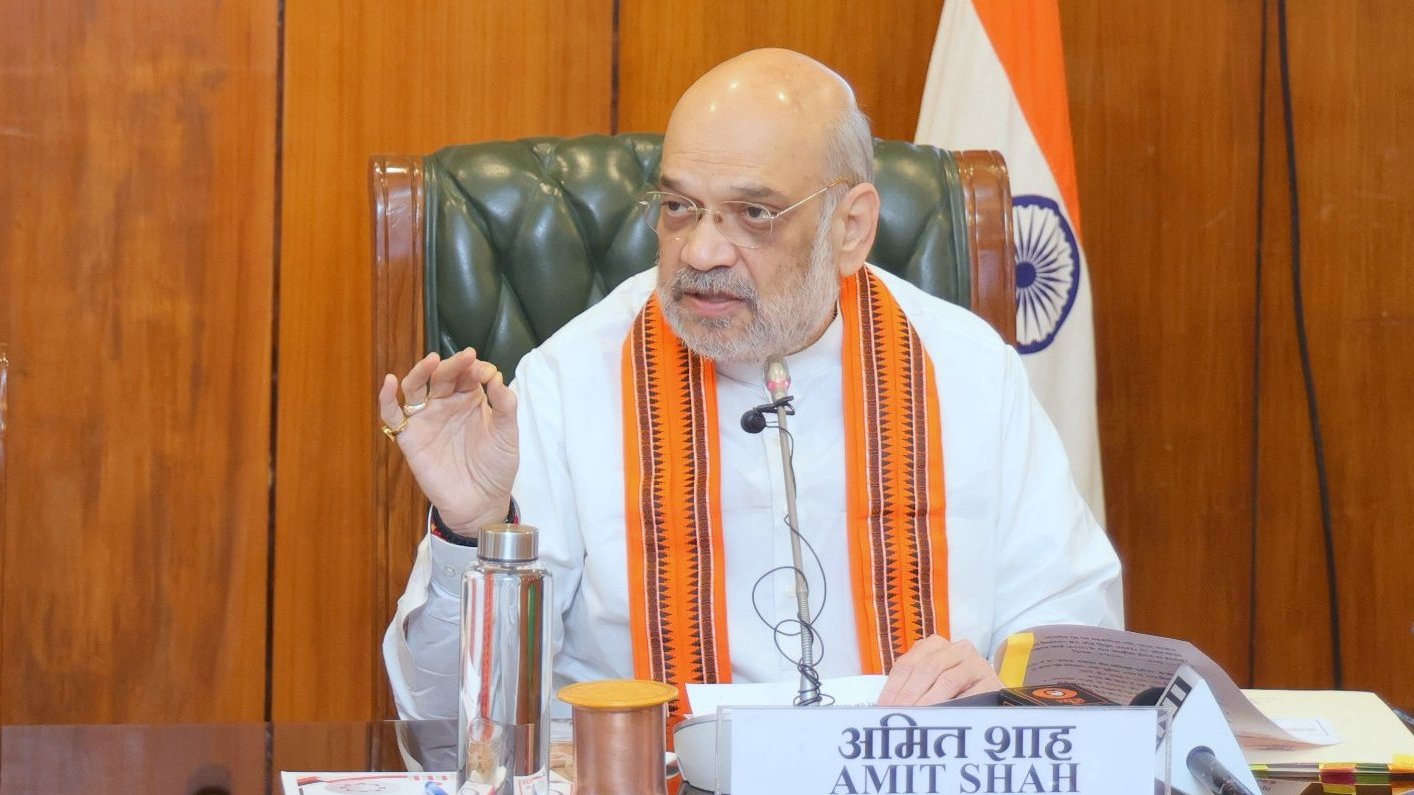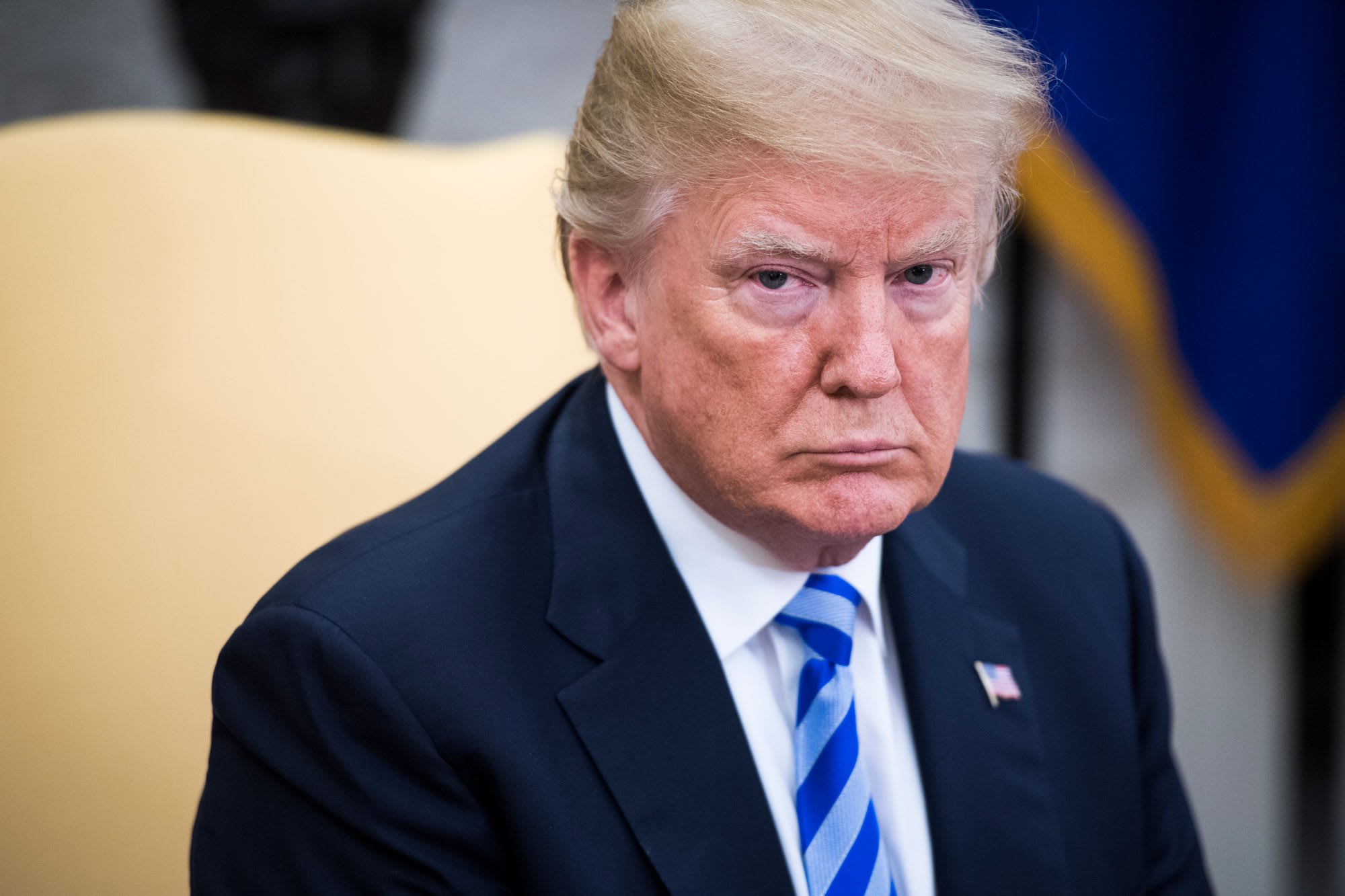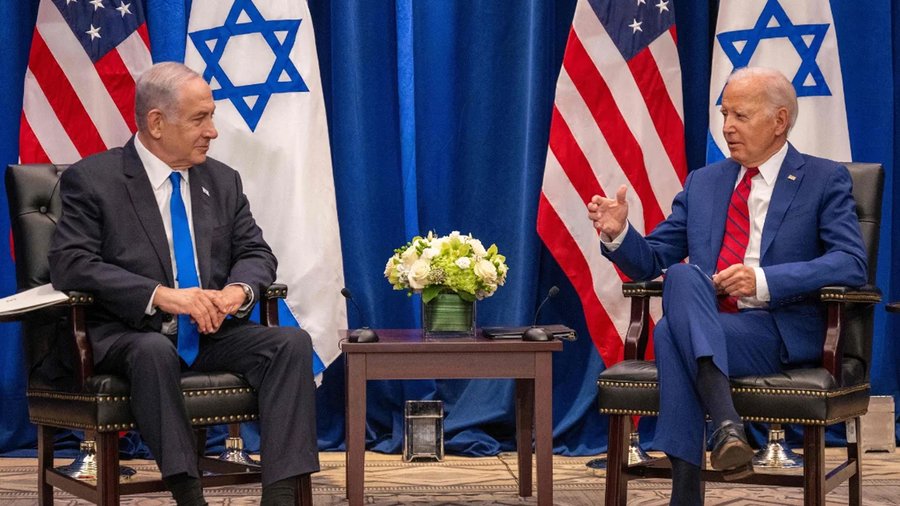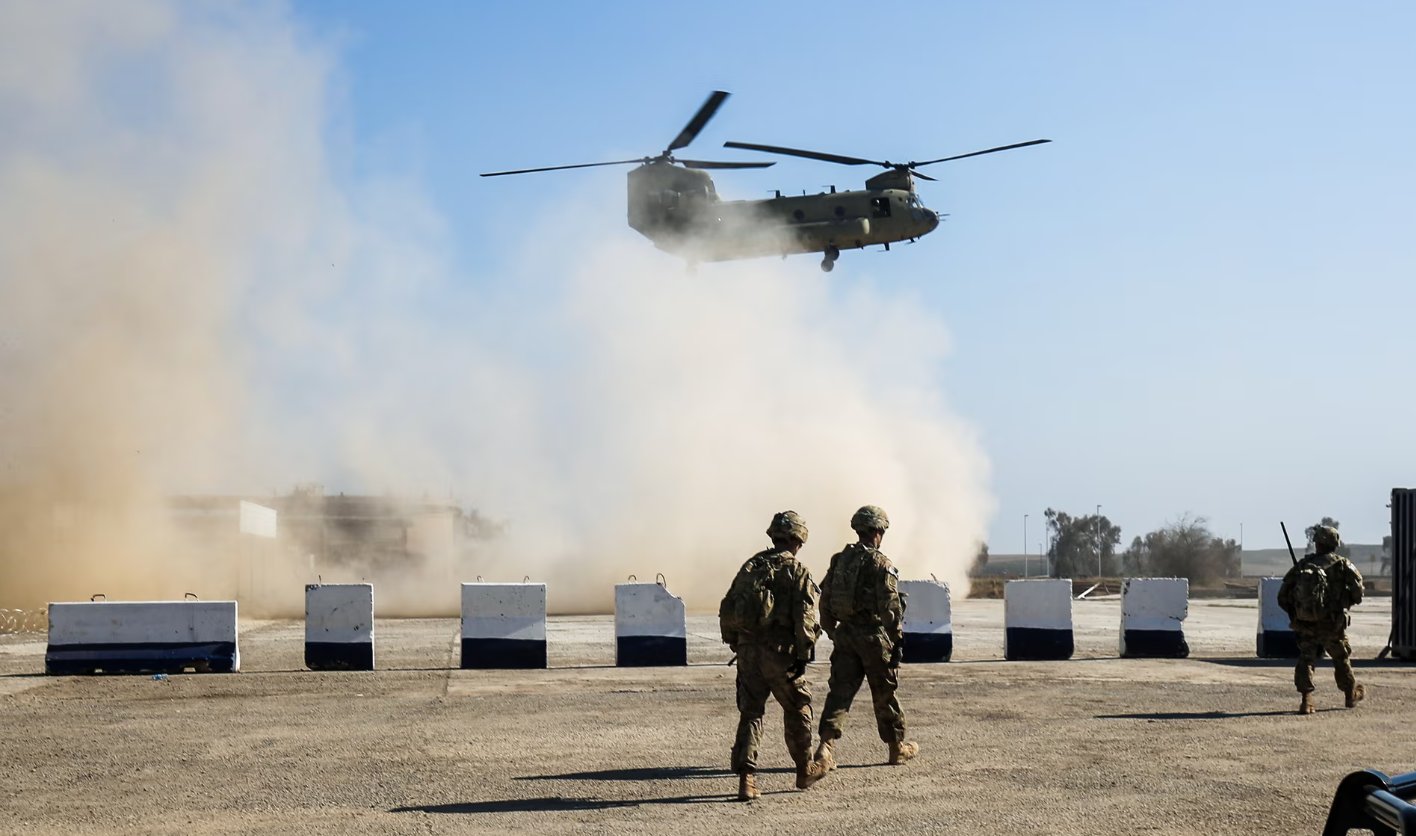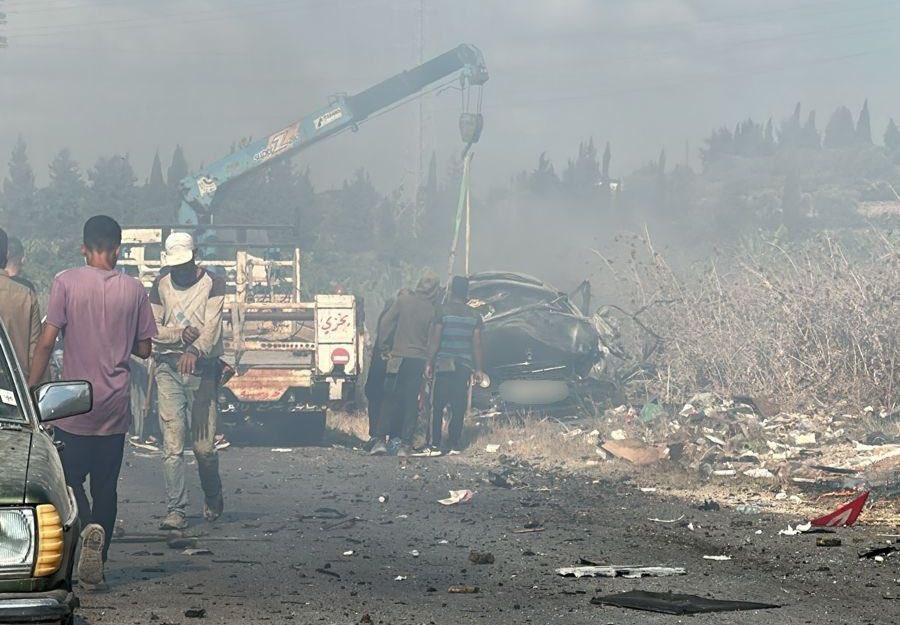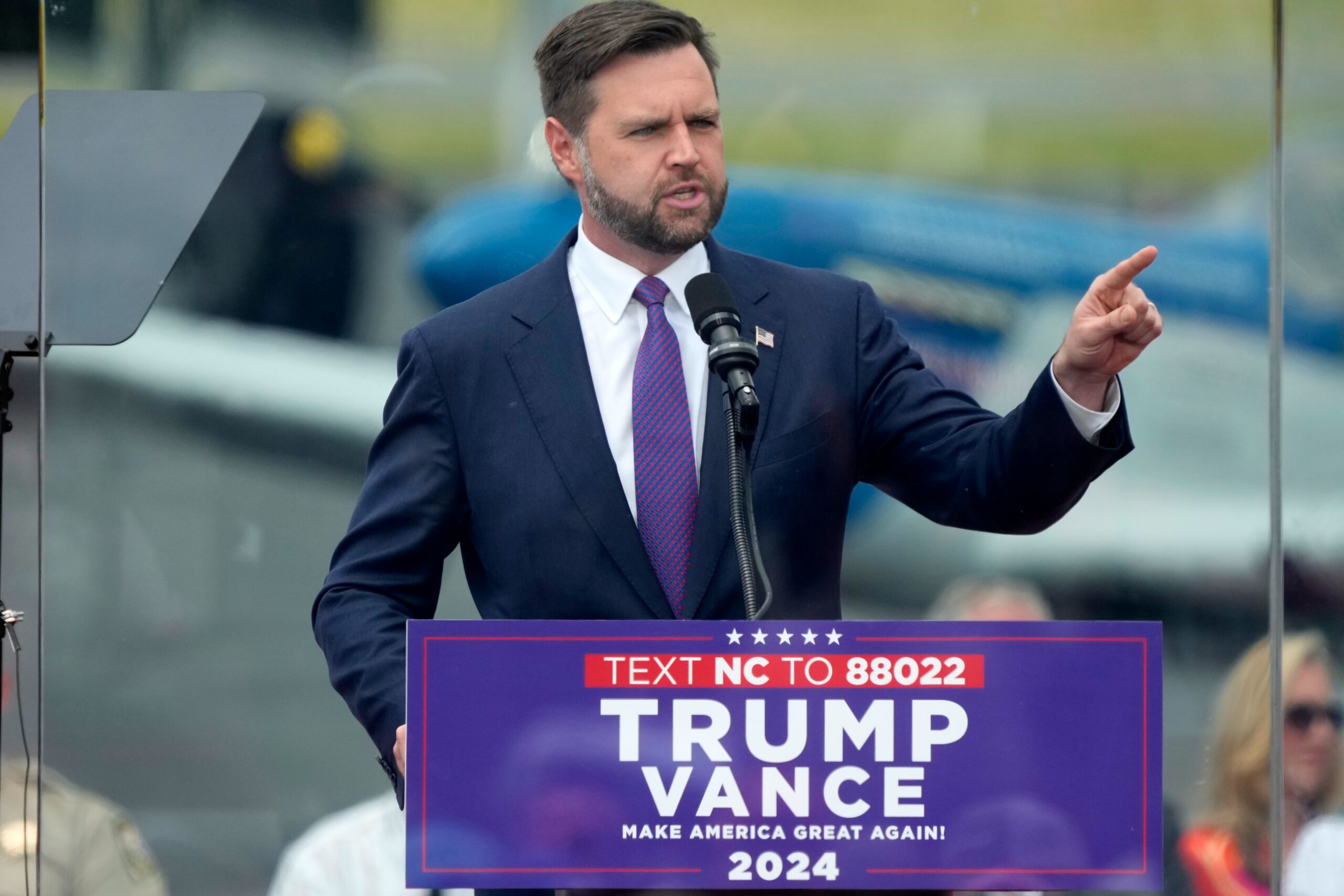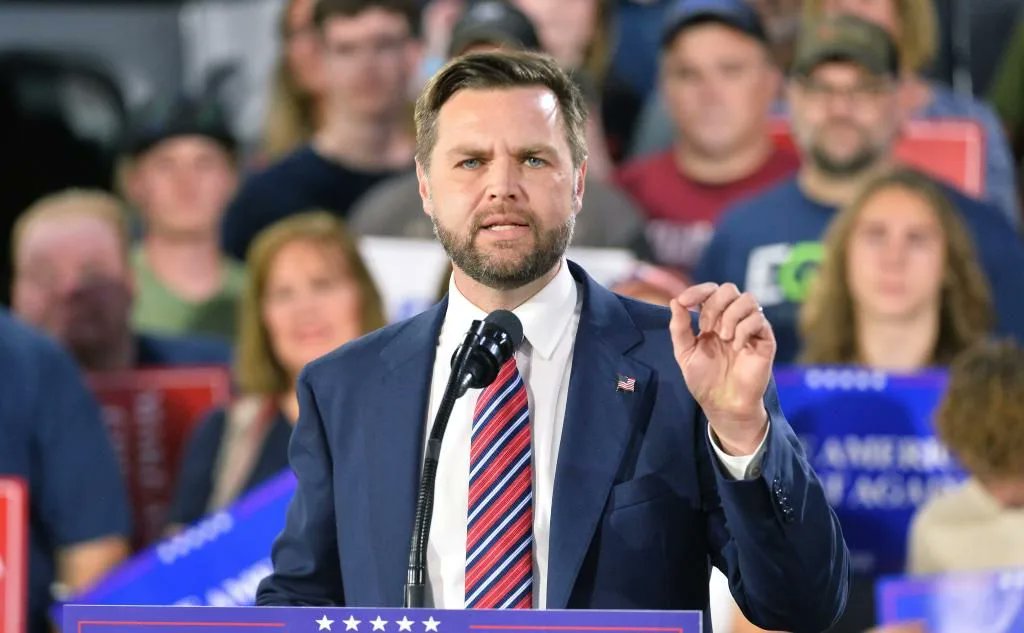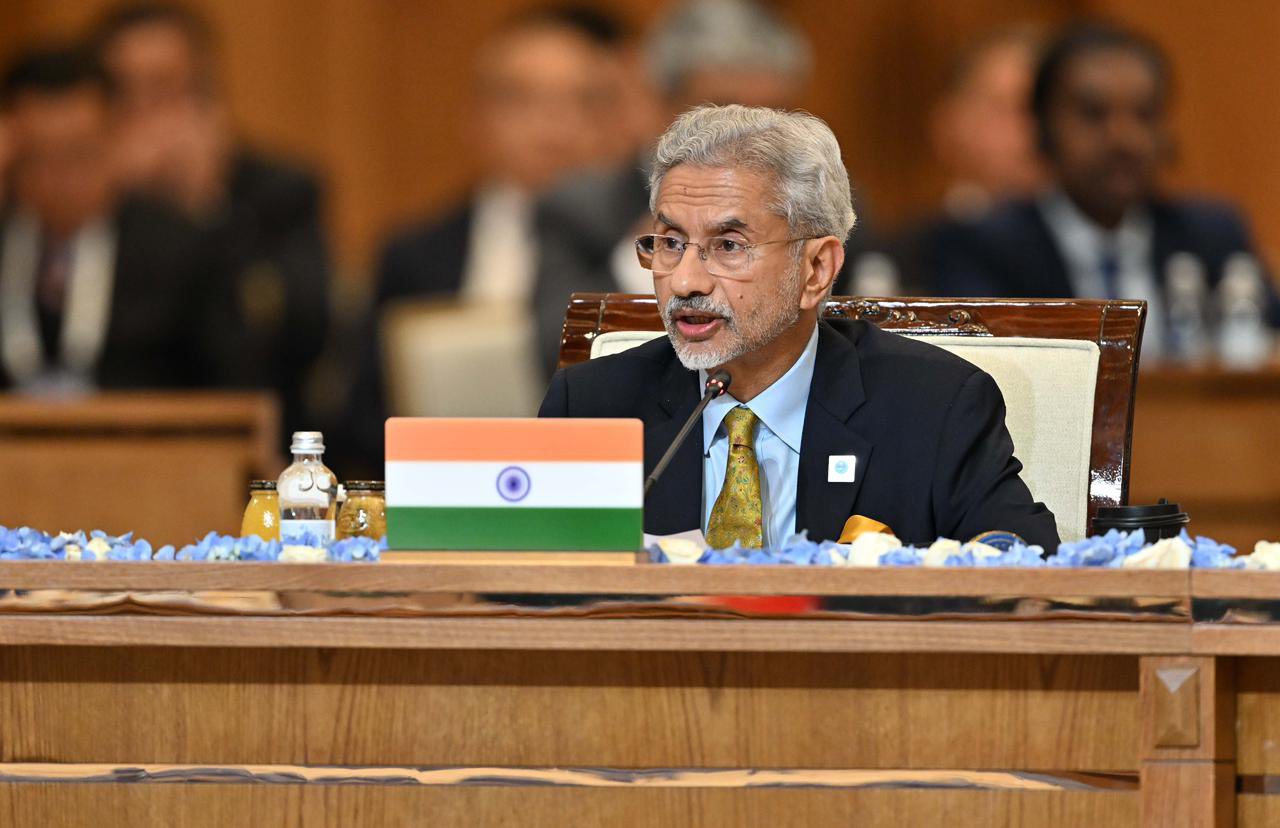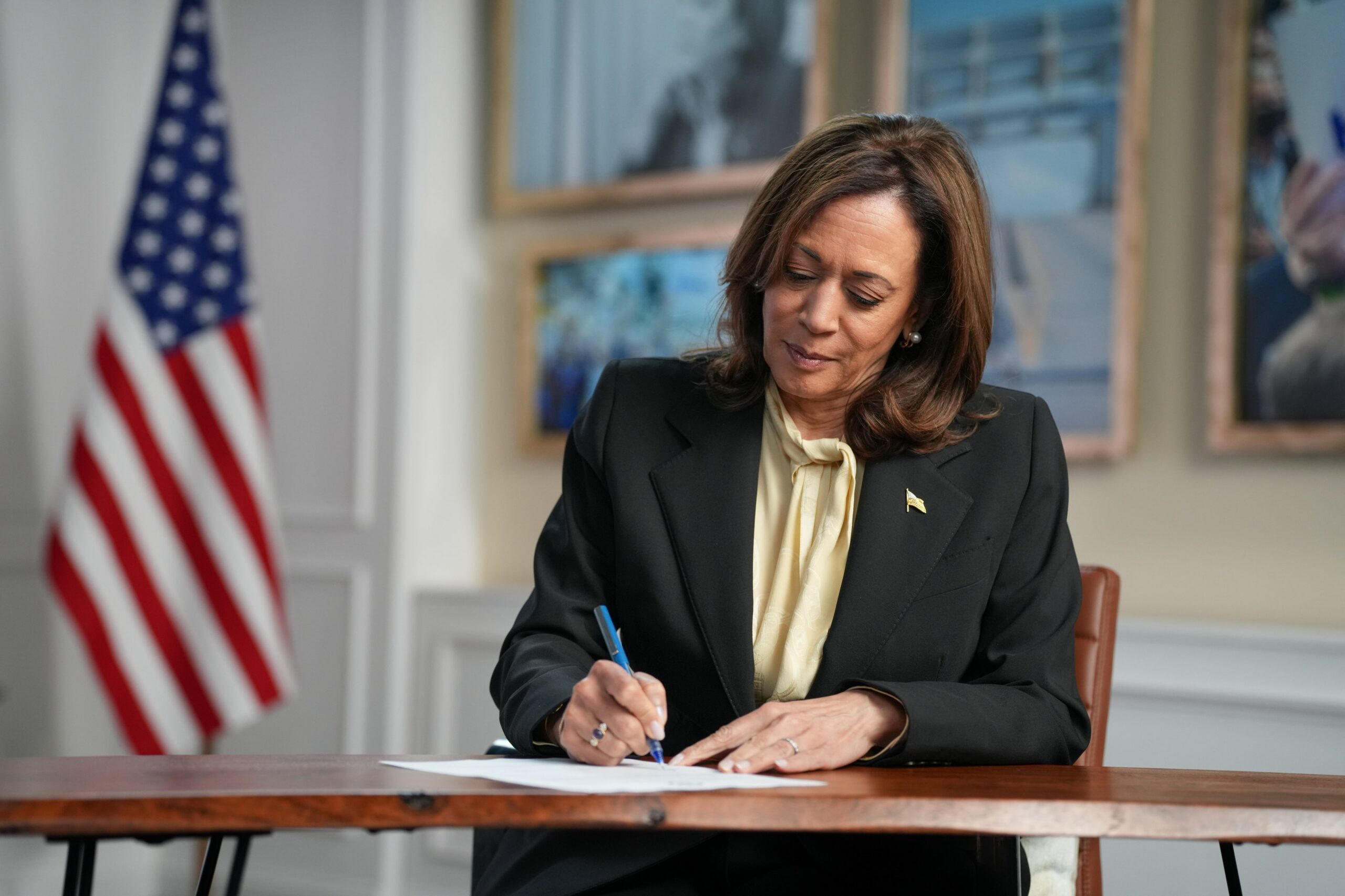In recent political clashes, former President Donald Trump and his running mate, Senator JD Vance (R-Ohio), have been vociferous in their criticism of President Joe Biden and Vice President Kamala Harris over the chaotic withdrawal from Afghanistan. Their criticisms are particularly focused on the tragic attack at Abbey Gate that resulted in the deaths of 13 U.S. military members. However, the Biden administration has countered these attacks, pointing out that the withdrawal strategy was inherited from Trump’s administration and was fundamentally flawed.
A key counterpoint has come from a group calling themselves National Security Leaders for America, which includes prominent figures such as Admiral Steve Abbott and Major General Peter S. Cooke. In an open letter, this group has sharply criticized Trump, accusing him of failing to take responsibility for the shortcomings of his administration’s withdrawal plan.
The Trump Withdrawal Plan Under Fire
The National Security Leaders for America argue that Trump’s approach to the Afghanistan withdrawal was deeply flawed and left his successors with a near-impossible task. According to the letter, Trump and his administration made a controversial deal with the Taliban that involved freeing 5,000 Taliban fighters and allowing them to return to the battlefield. This decision, the group claims, directly contributed to the instability that made the final stages of the withdrawal even more perilous.
The letter asserts that Trump’s administration negotiated the deal without adequate involvement from the Afghan government, leaving President Biden and Vice President Harris with no effective plan to execute the withdrawal and only a short timeframe to accomplish it. This chaotic handover, the letter argues, significantly impeded the Biden-Harris administration’s ability to carry out an orderly withdrawal, ultimately placing both U.S. service members and allies at greater risk.
Biden’s Achievements Amid Criticism
Despite the criticisms and challenges, the National Security Leaders for America commend the Biden administration for its efforts in ending America’s longest war. They highlight that President Biden, with the support of Vice President Harris, managed to execute the largest airlift in U.S. history, successfully bringing home a significant number of troops and Afghan allies. The letter argues that these achievements reflect the administration’s commitment to concluding the war responsibly despite the inherited difficulties.
Filipkowski, a political analyst, notes that the National Security Leaders for America’s letter is not just a defense of the Biden administration but also a critique of Trump’s broader approach to national security. The letter highlights Trump’s controversial remarks about wounded veterans and the Medal of Honor, further underscoring their argument that his leadership posed risks to U.S. alliances and veterans’ welfare.
Trump’s National Security Record Questioned
The letter from National Security Leaders for America begins by defending Vice President Kamala Harris’s support for NATO, Ukraine, and other U.S. allies. This defense is in direct contrast to Trump’s track record, which the letter suggests undermined these crucial alliances. The criticism extends to Trump’s national security team, which has publicly labeled him a threat to these alliances, adding weight to the argument that his policies may have had long-term detrimental effects on U.S. international relations.
Trump’s tenure saw several controversial decisions, including a strained relationship with NATO allies and fluctuating support for key partners like Ukraine. The National Security Leaders for America’s letter brings these issues to the forefront, positioning them as part of a broader critique of Trump’s national security strategy.
READ ALSO – Melania Trump Breaks Silence: Slams Biden Administration Ahead of Donald Trump’s Debate with Kamala Harris
Democrats Respond to Republican Criticisms
In response to Trump and Vance’s criticisms, Democrats have underscored the inherited nature of the withdrawal plan. They argue that while the execution of the withdrawal was undoubtedly challenging, the framework and decisions leading up to it were set in motion by the previous administration. This point is crucial in the ongoing political debate over who is truly responsible for the withdrawal’s execution and the subsequent fallout.
Democratic leaders argue that the Biden administration had to navigate a withdrawal plan that was not only flawed but also poorly coordinated. They contend that despite these significant hurdles, the administration’s efforts to safely evacuate U.S. personnel and Afghan allies were notable achievements amidst an otherwise difficult situation.
Overview: A Divisive Legacy
The debate over the Afghanistan withdrawal remains a significant point of contention in American politics. While Trump and his allies criticize the Biden administration’s handling of the situation, the National Security Leaders for America’s letter provides a counter-narrative, emphasizing the inherited flaws in the withdrawal plan and defending the current administration’s efforts.
As the political landscape evolves, this issue will likely continue to be a flashpoint in discussions about national security, leadership, and responsibility. The contrast between the Trump and Biden administrations’ approaches to foreign policy and military withdrawals highlights the complexities of U.S. political and military decision-making processes.
The letter from the National Security Leaders for America serves as both a defense of the Biden administration and a critique of Trump’s legacy, emphasizing the ongoing debate over how best to handle such critical national security issues.
















